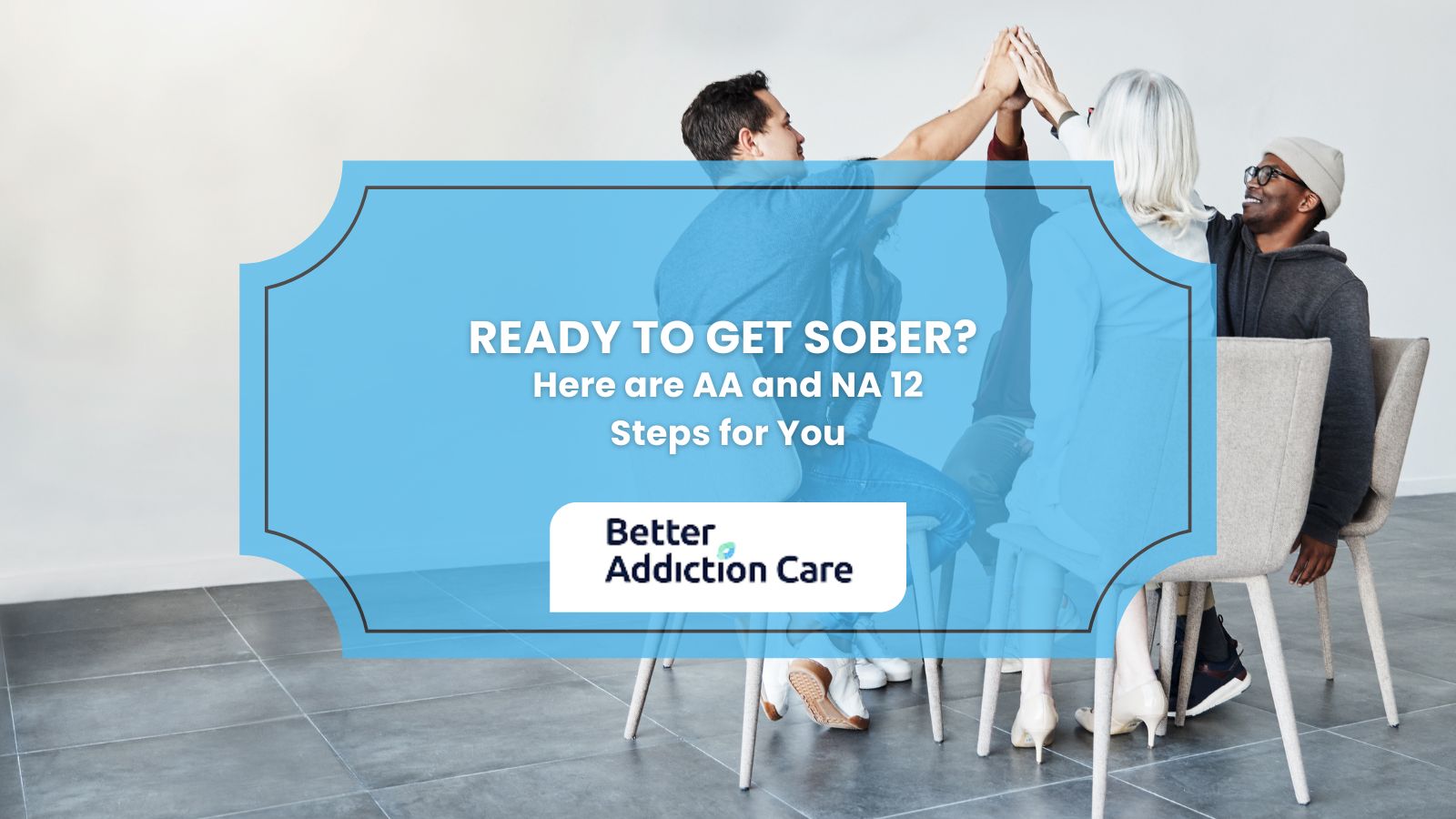102 Best Alcohol and Drug Rehabs in Arkansas 2025

7.43

6.87

6.88

7.00

7.50

7.63
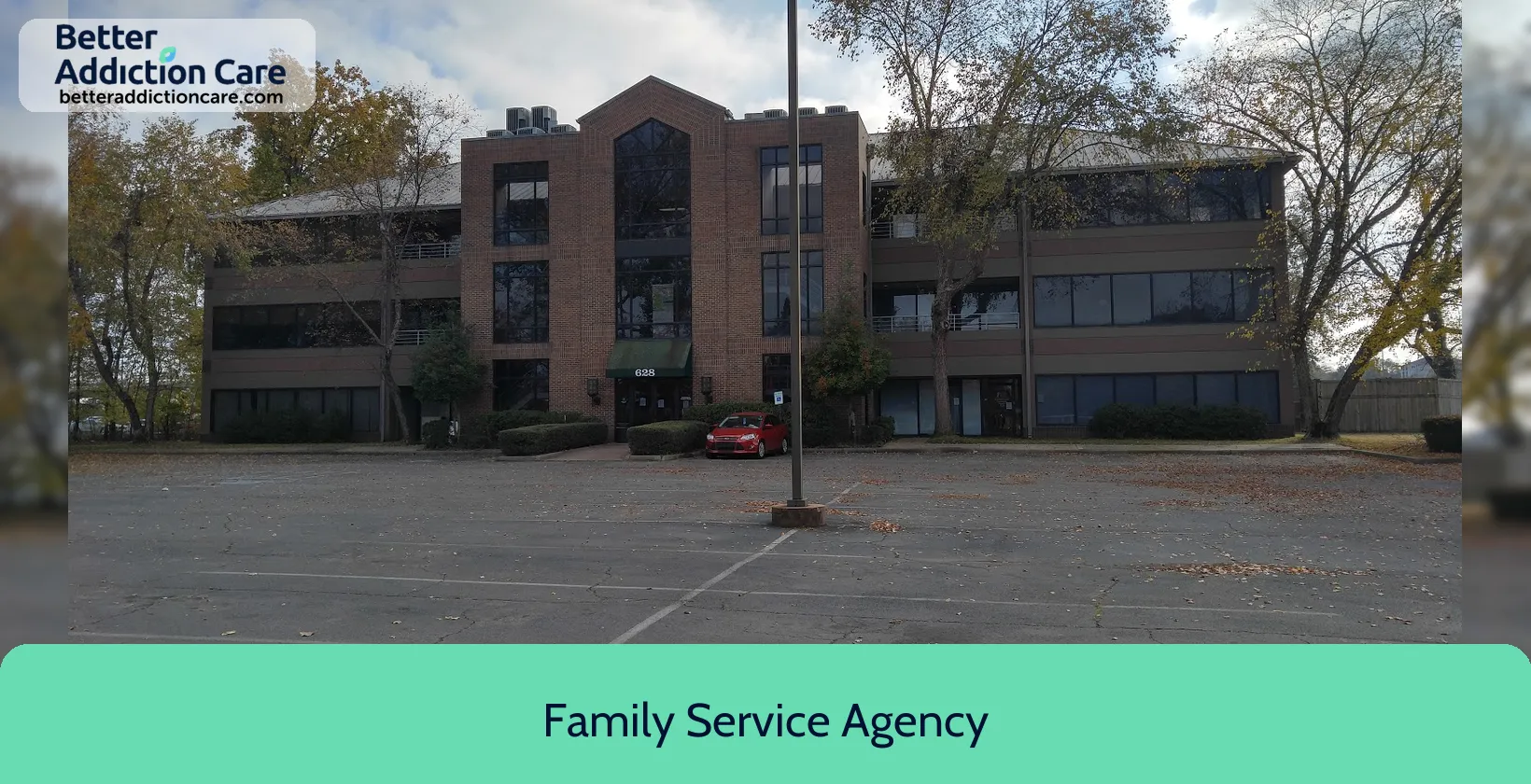
7.09
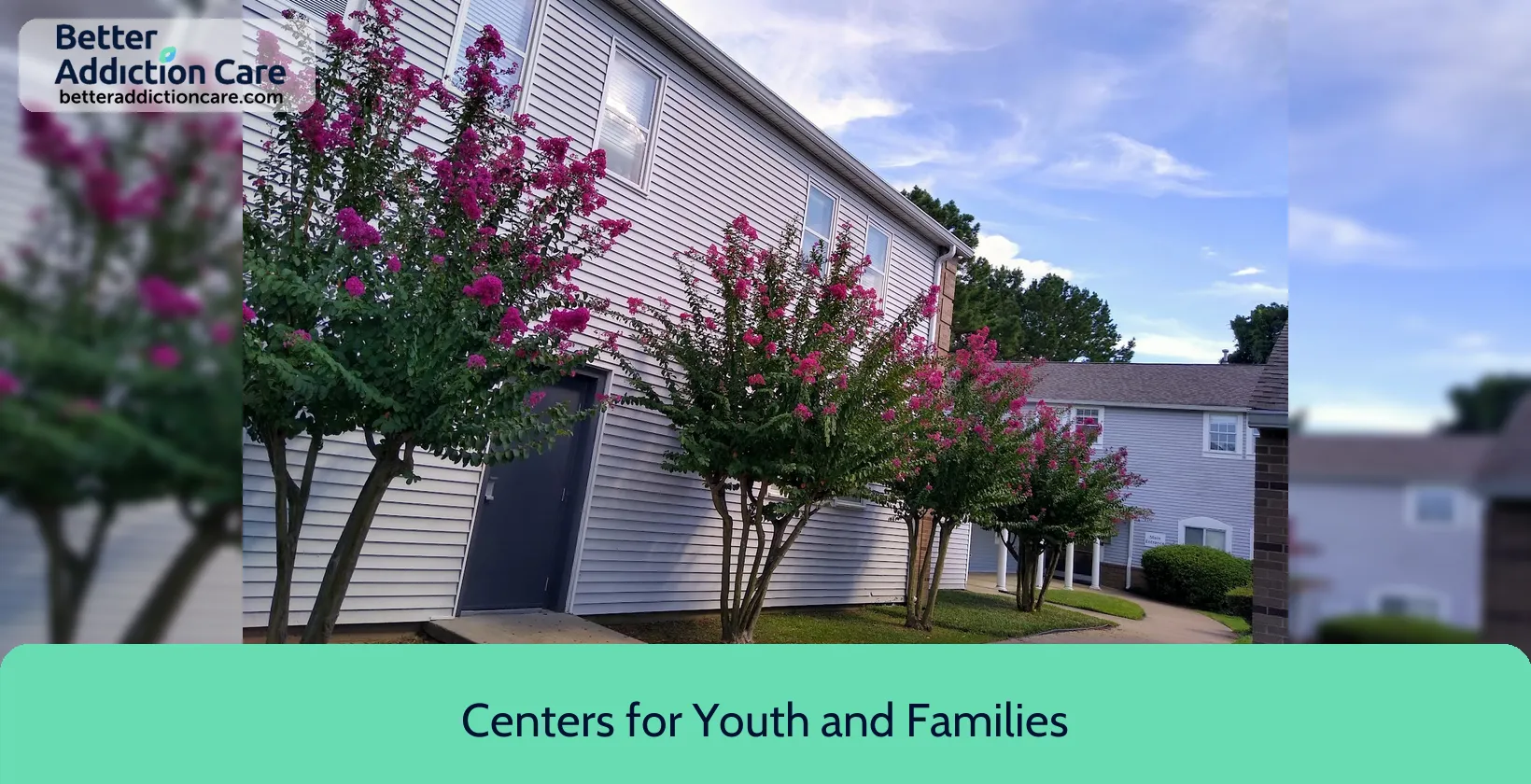
6.76
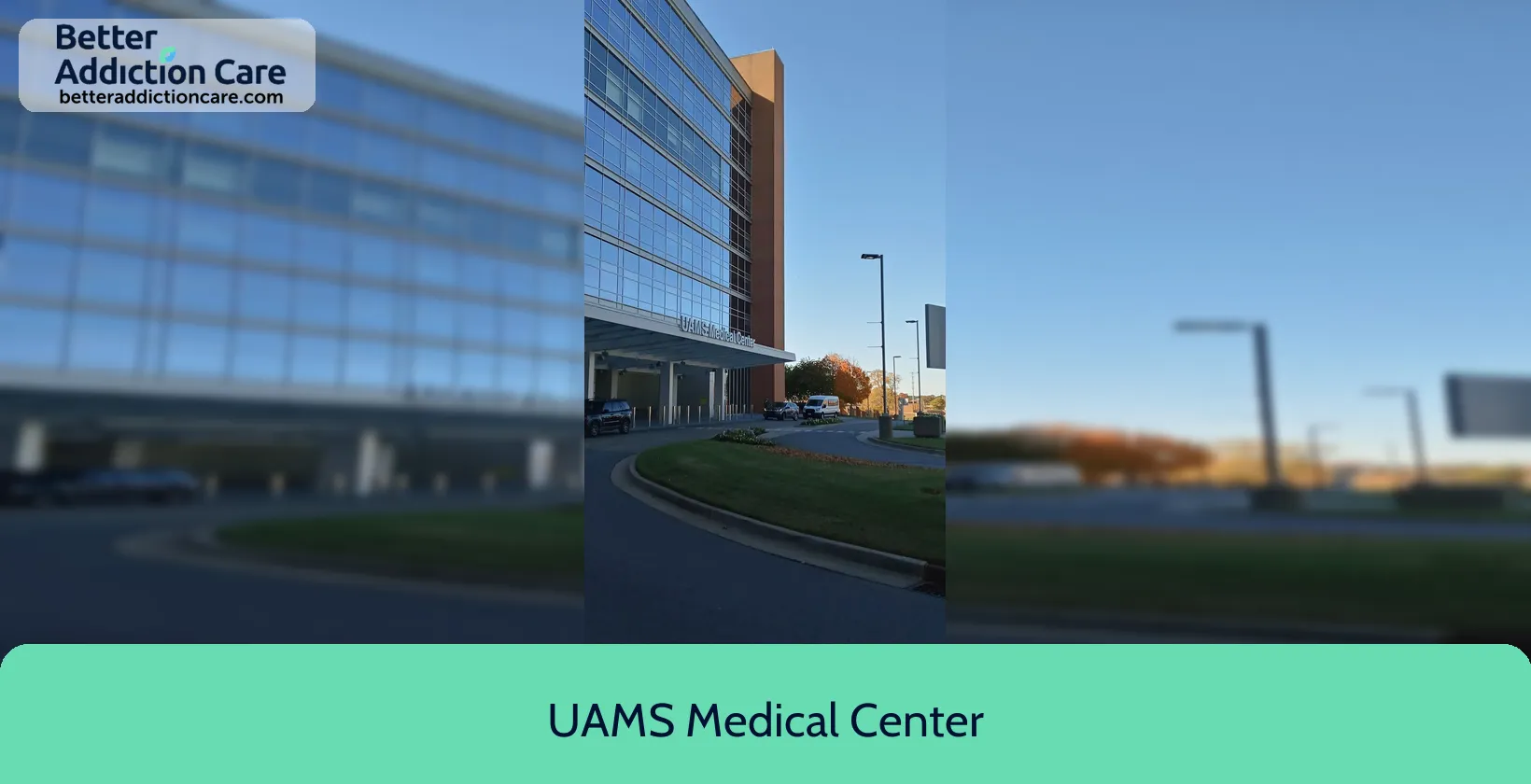
6.71
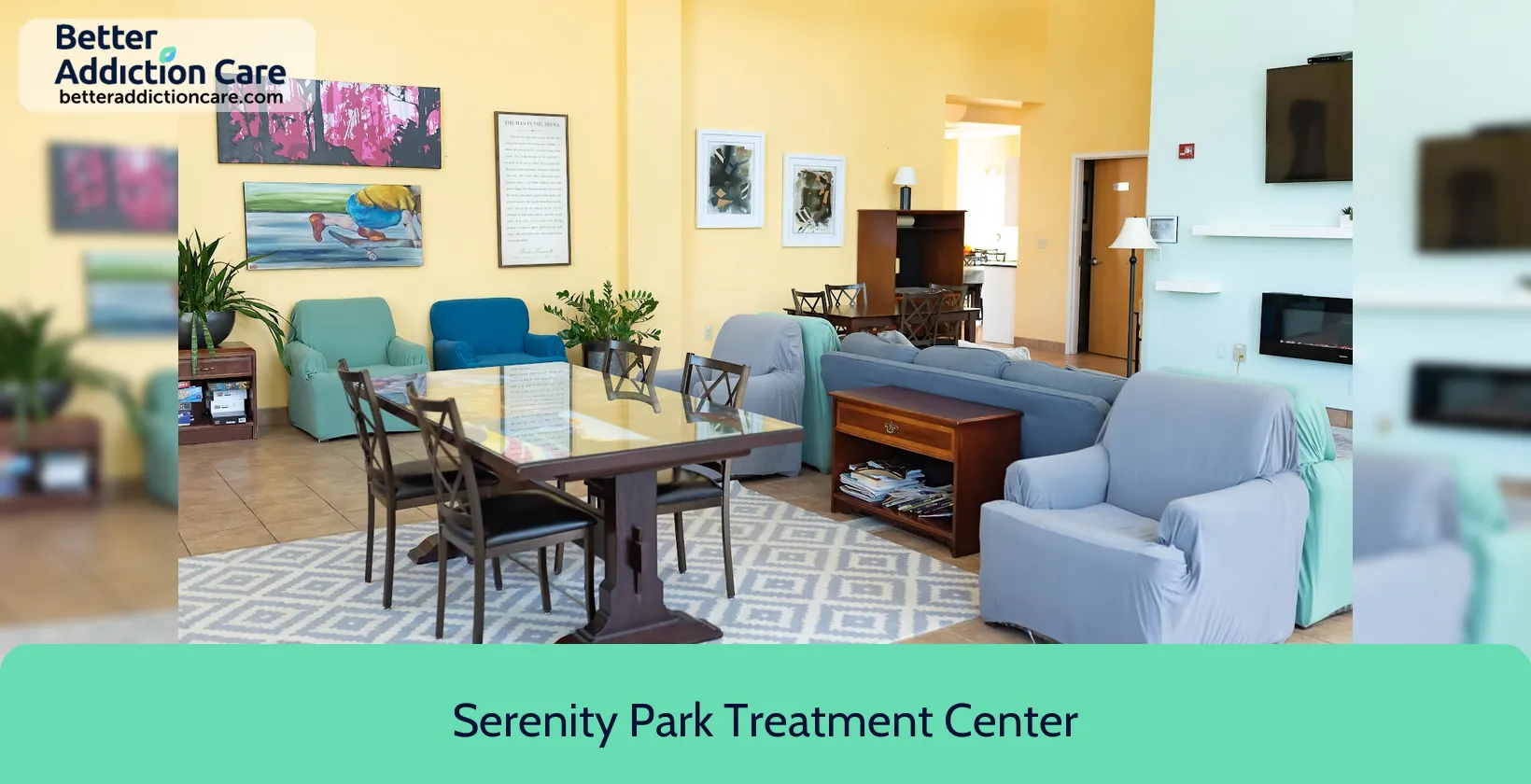
6.96
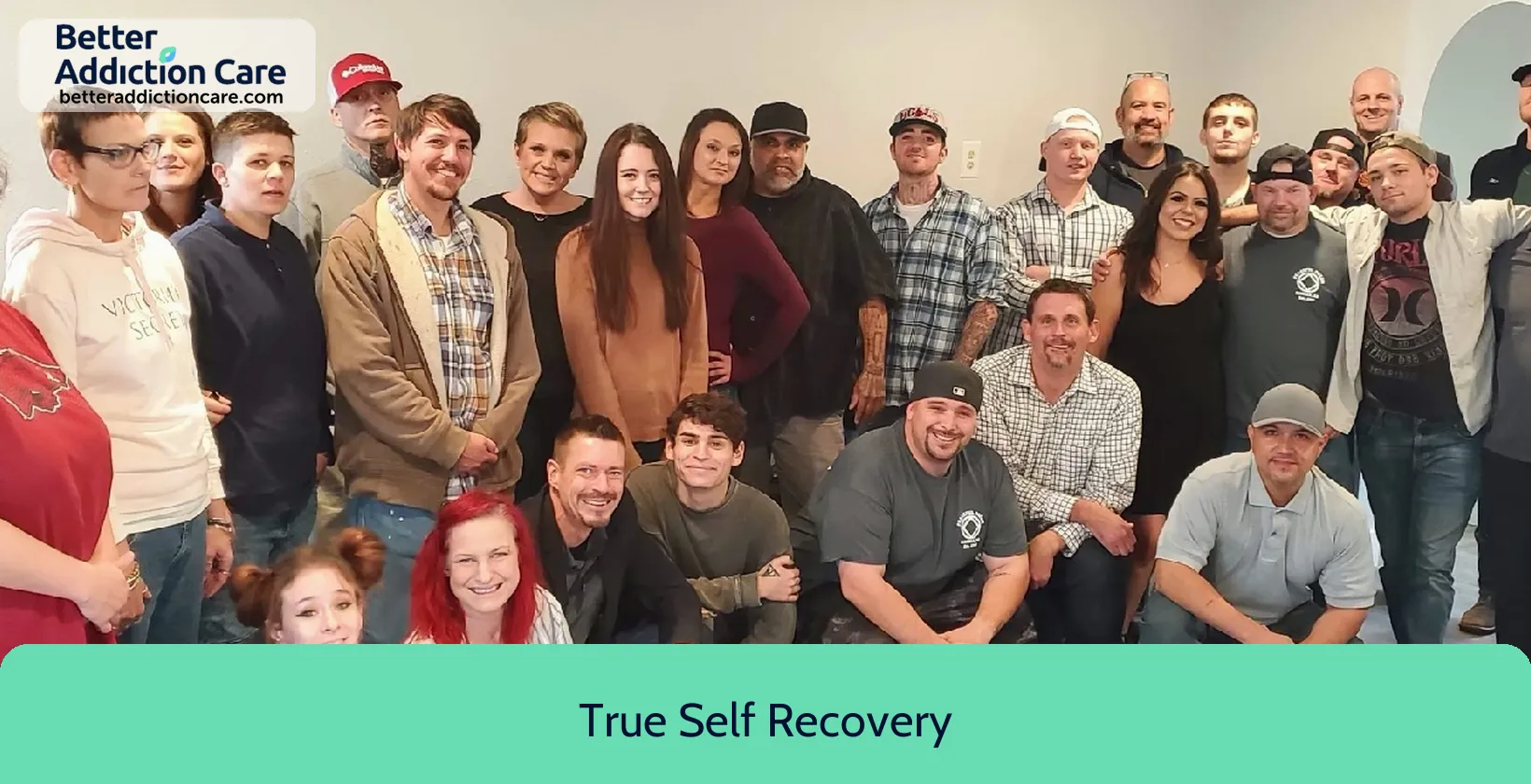
7.58
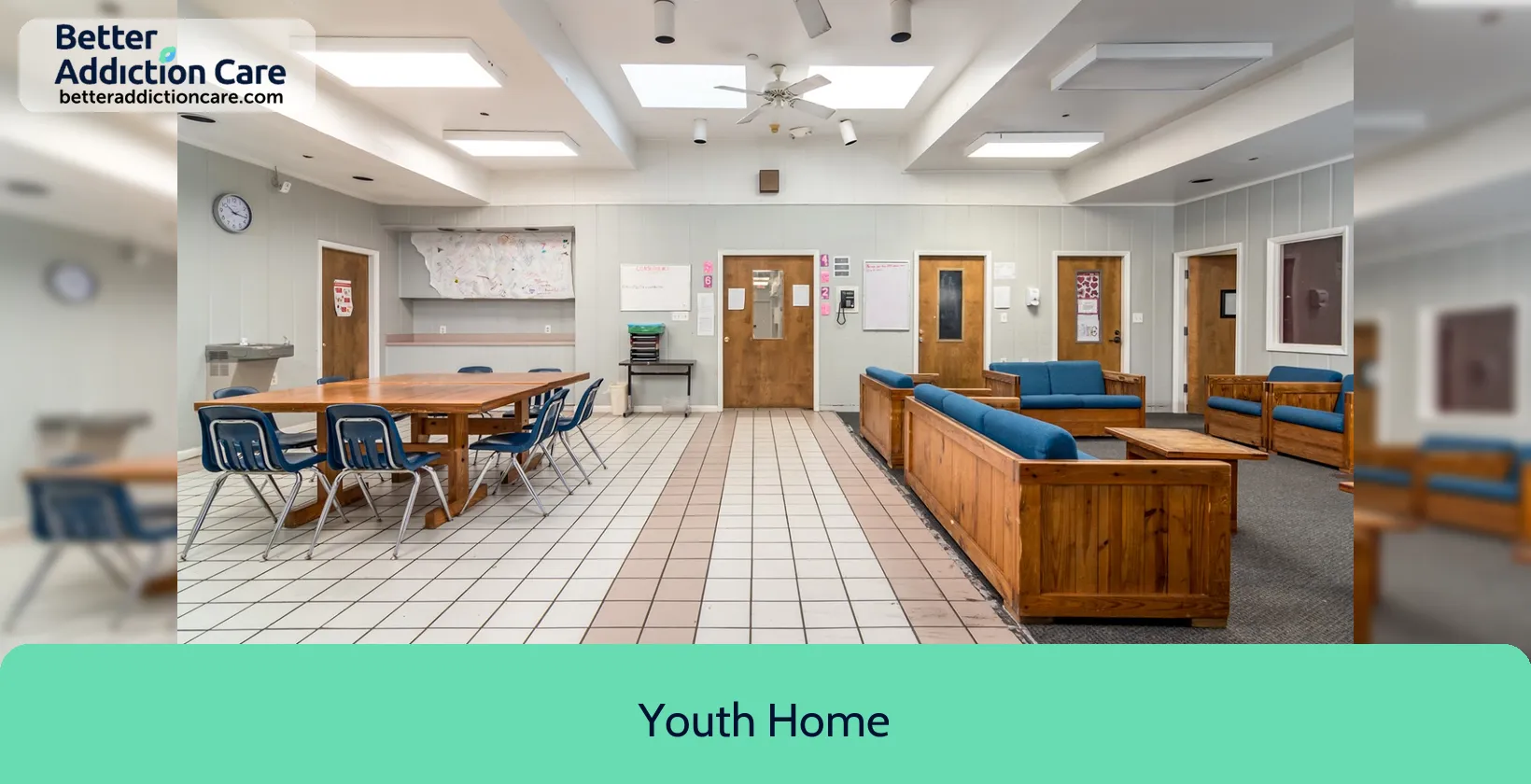
6.86
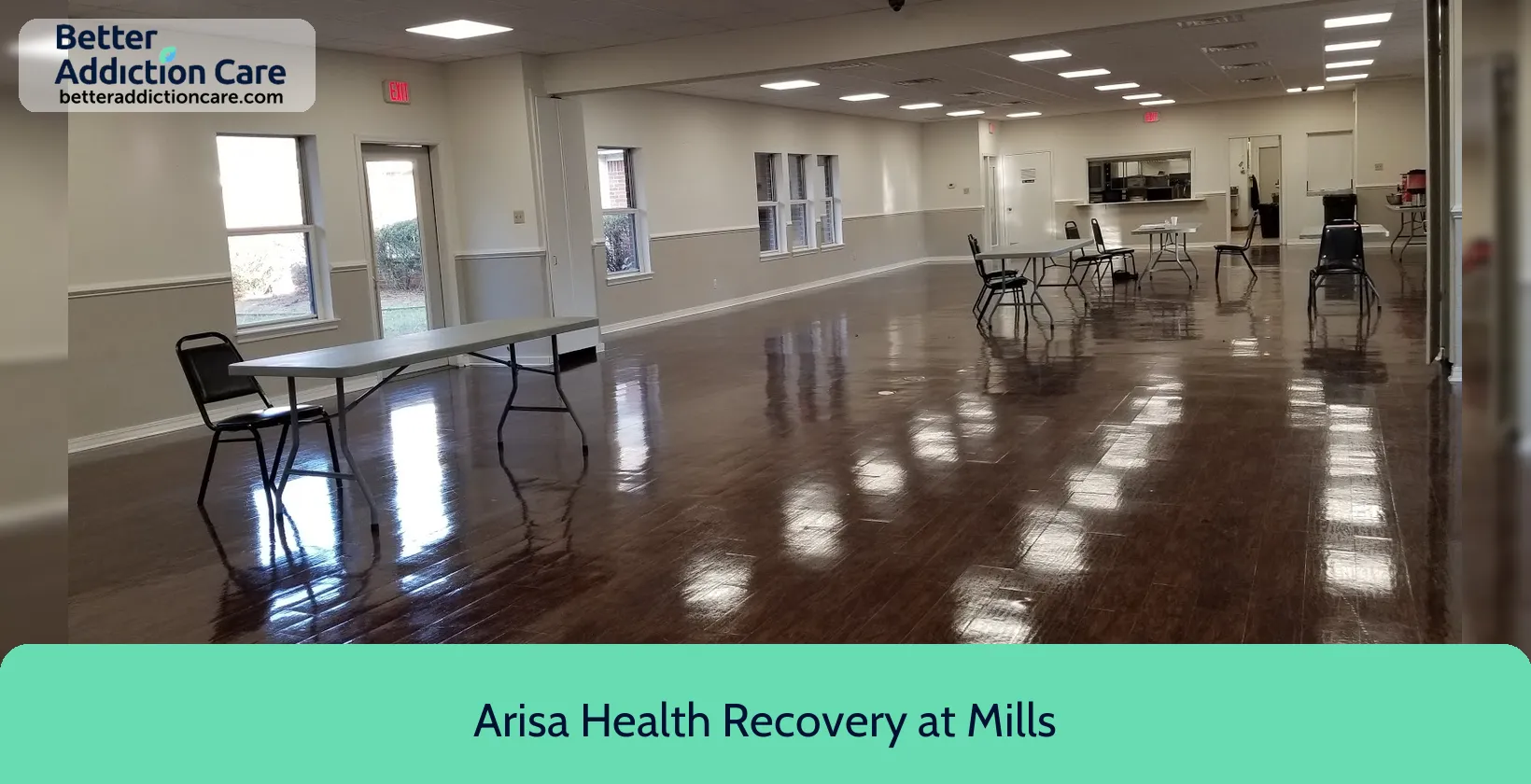
6.56
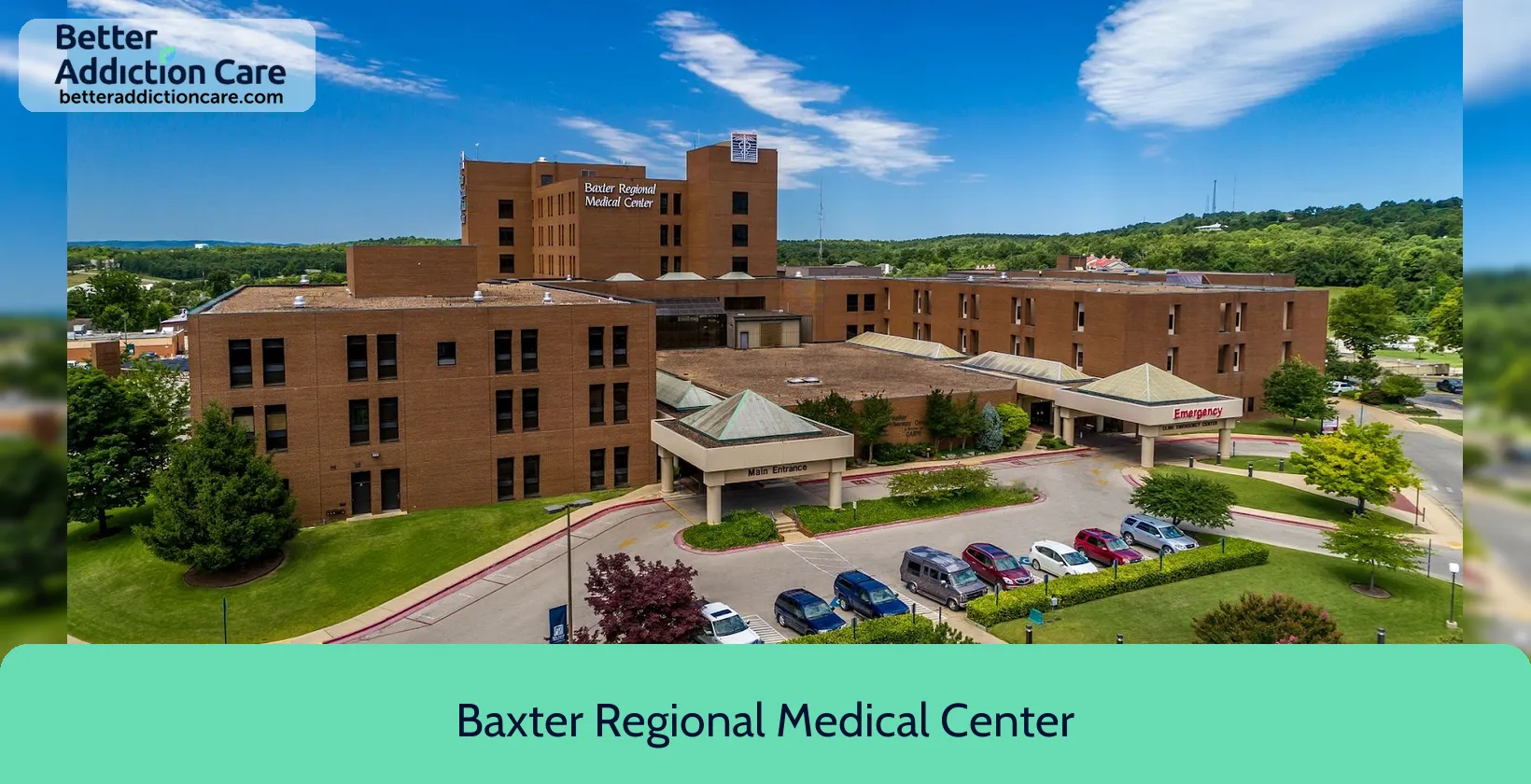
6.76
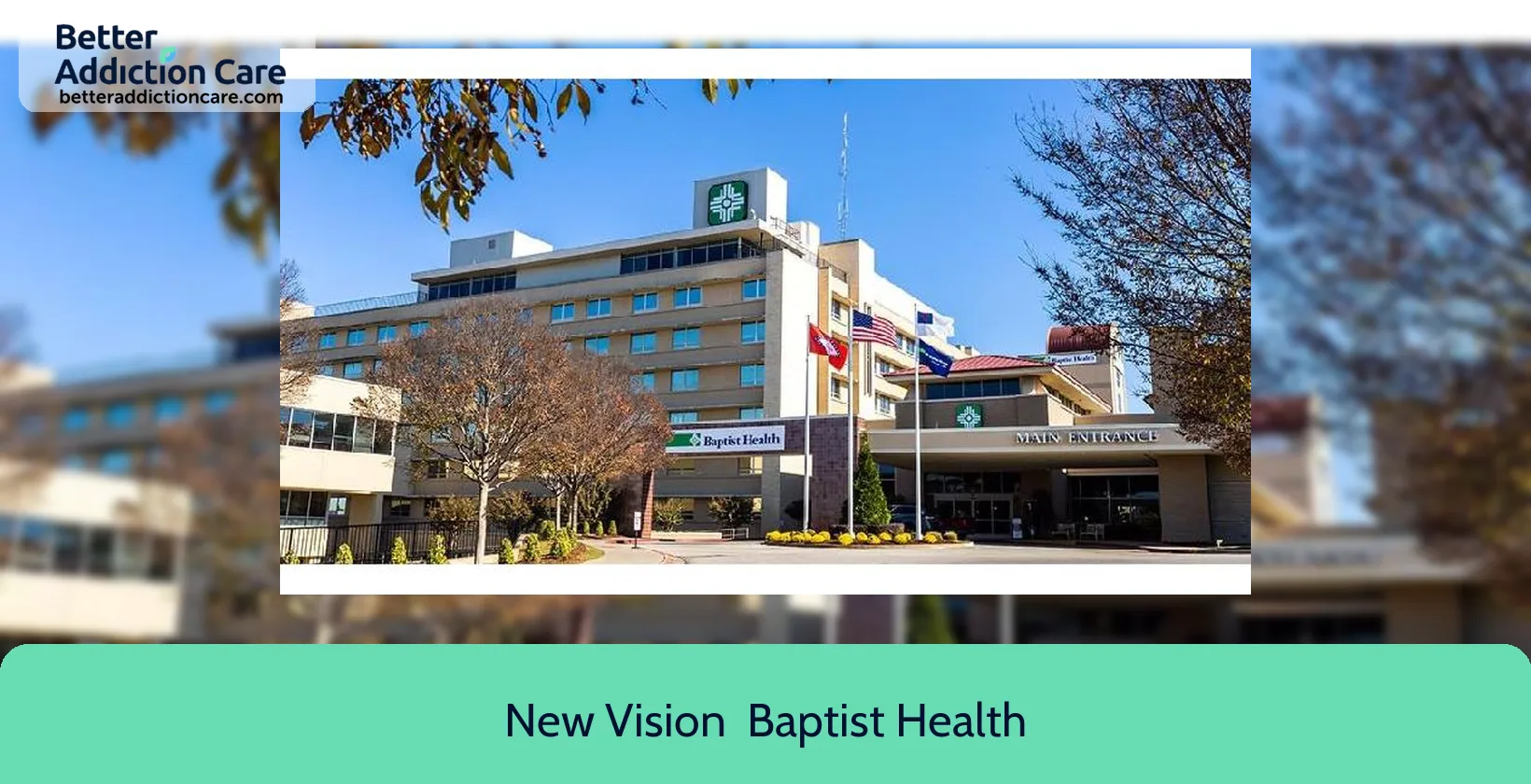
6.79
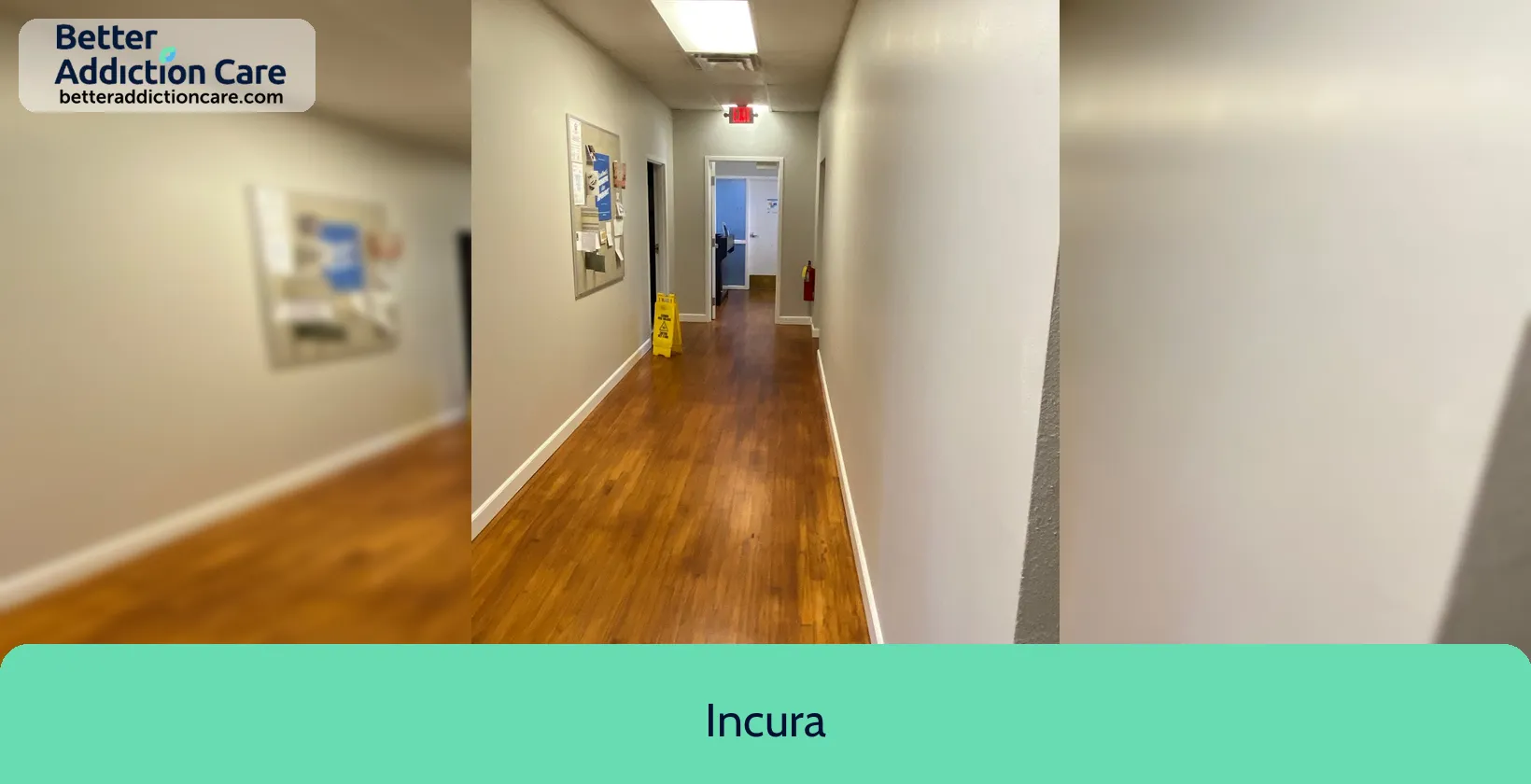
7.63
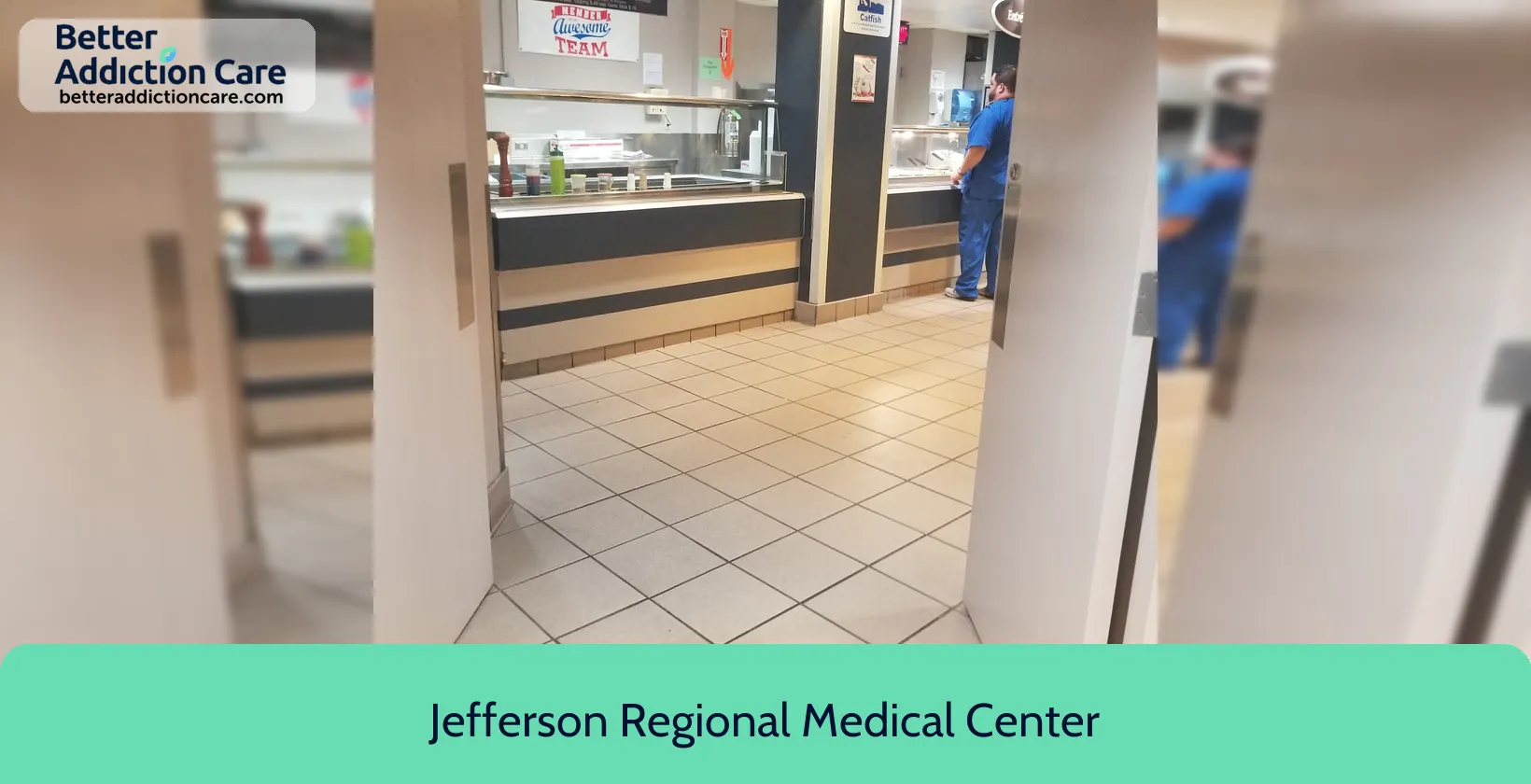
6.62
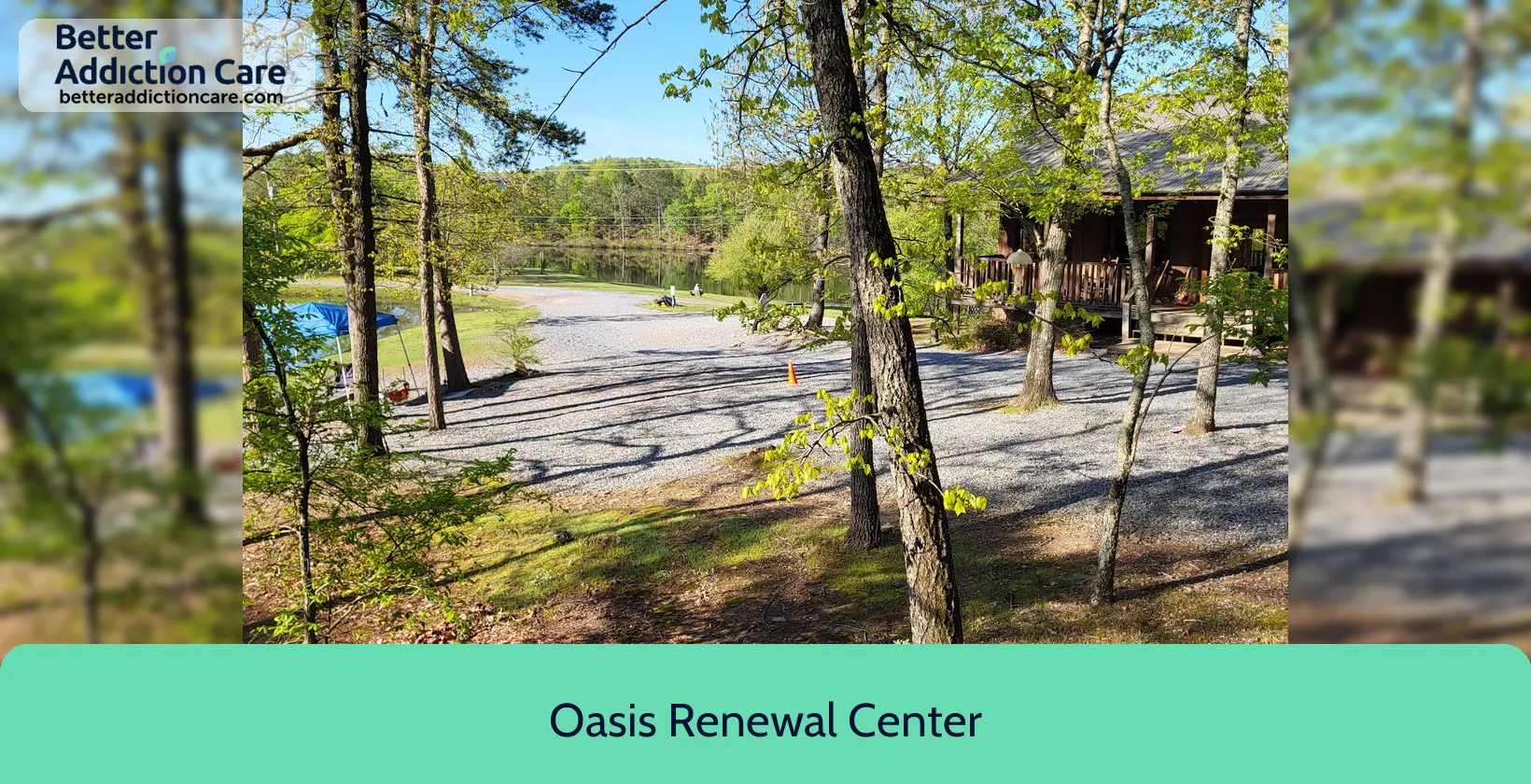
7.32
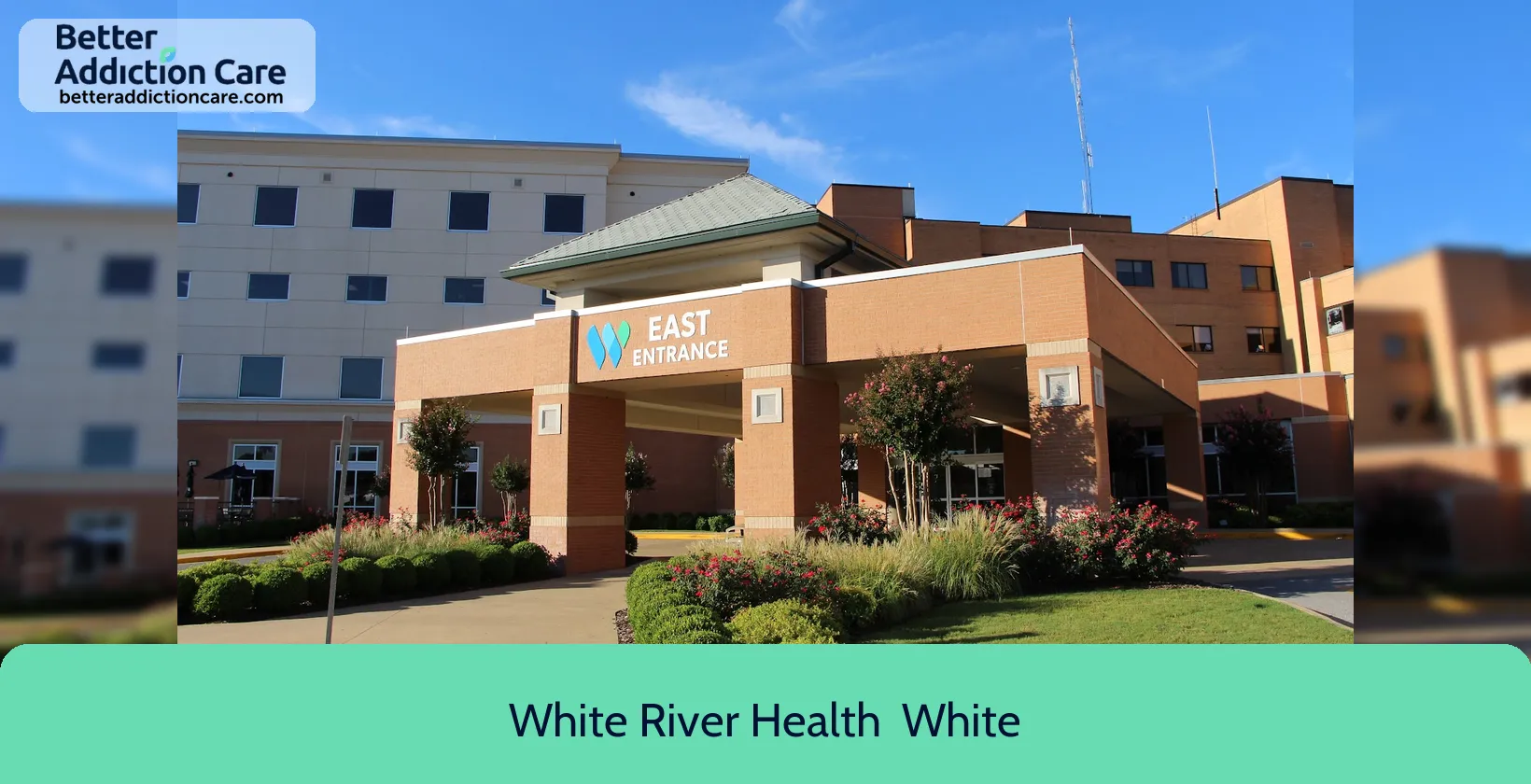
6.71
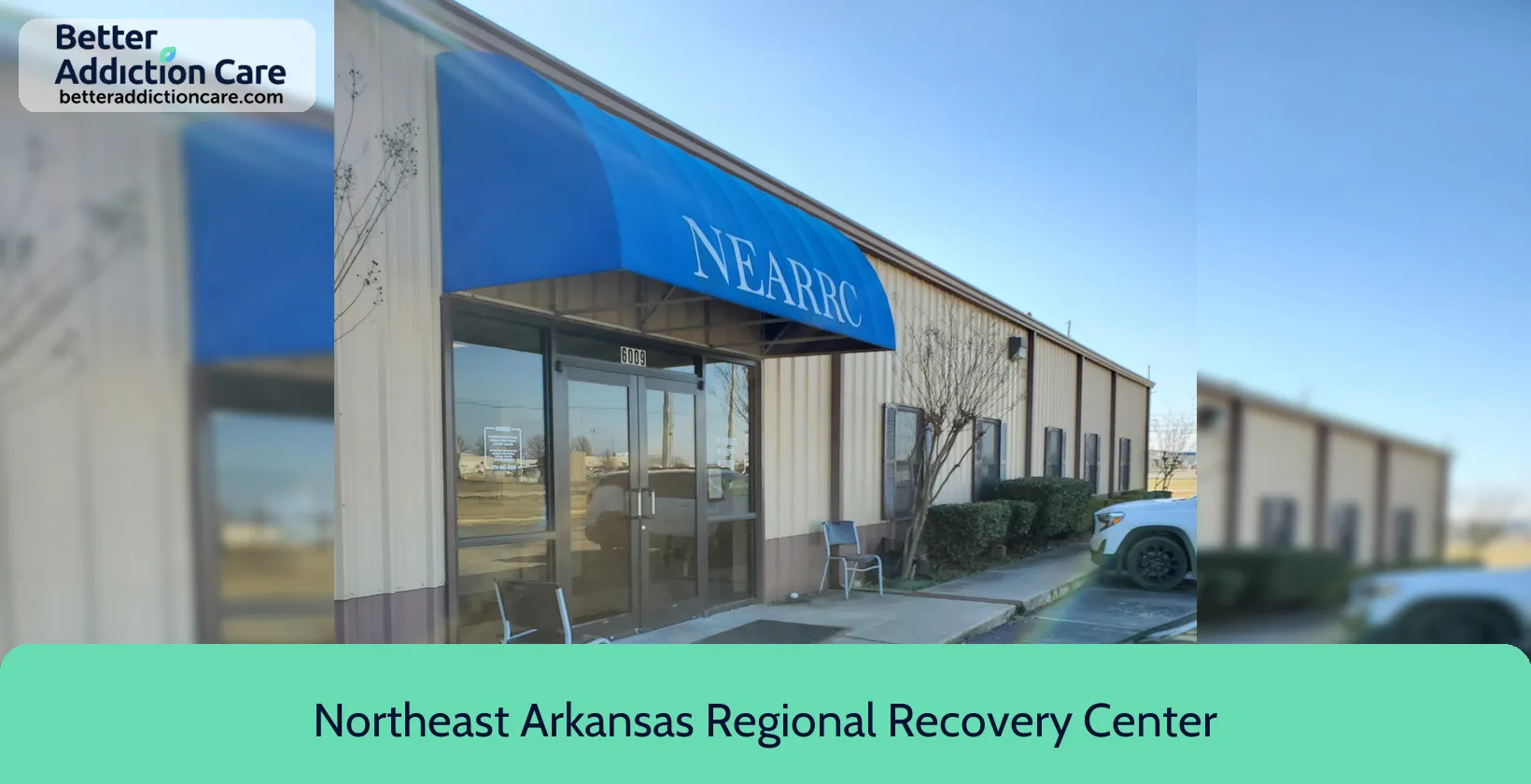
6.97
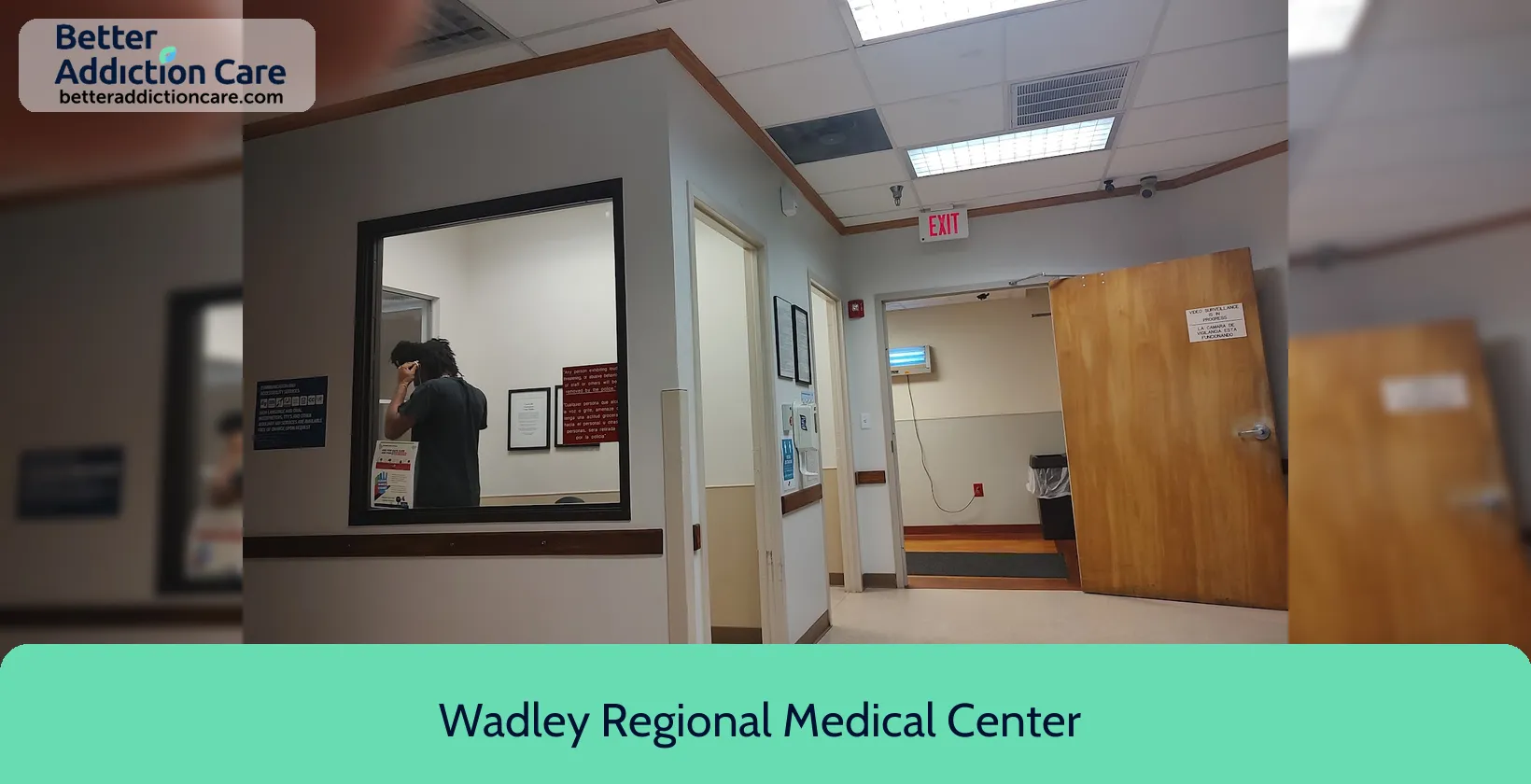
6.77
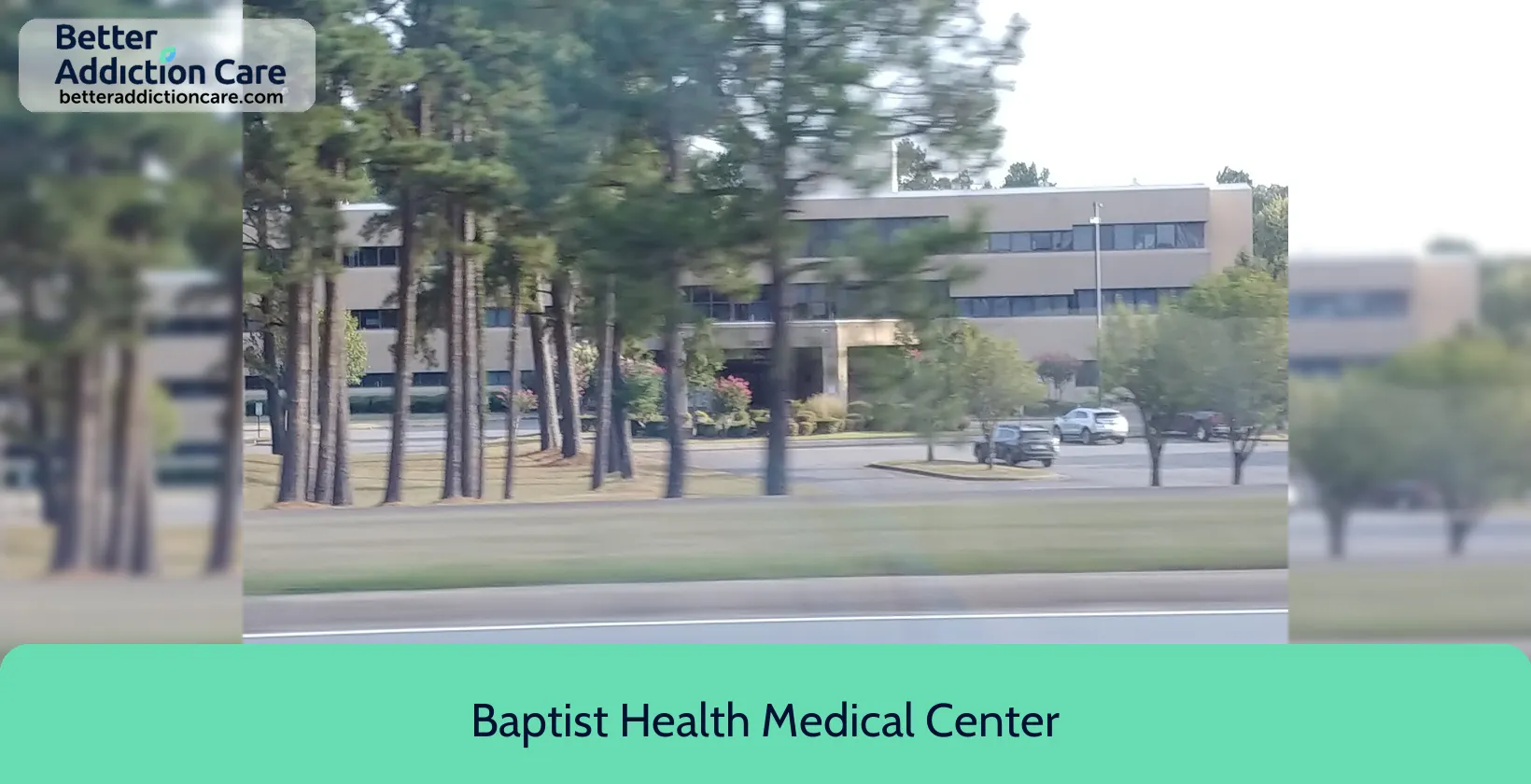
6.65

6.68
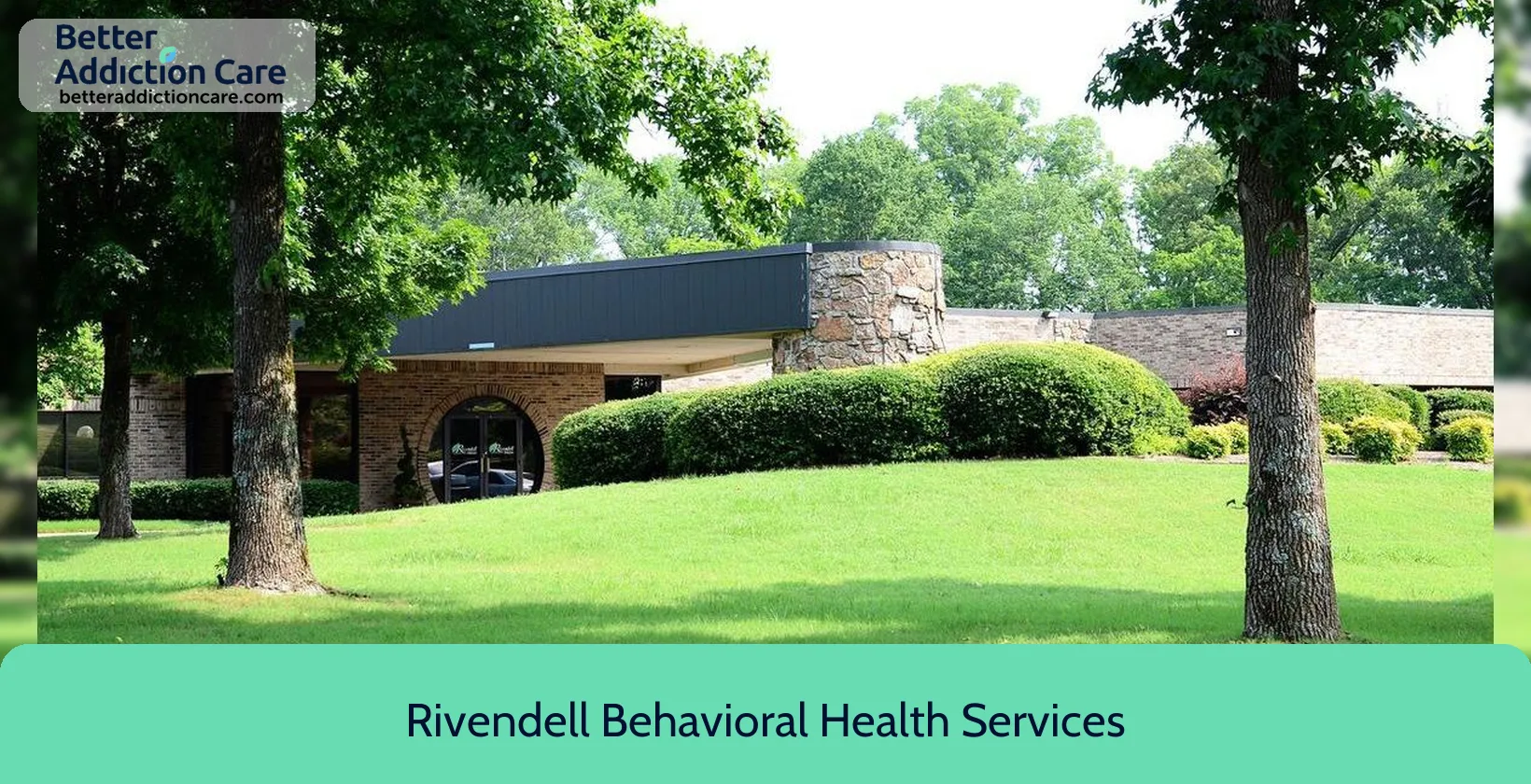
6.71
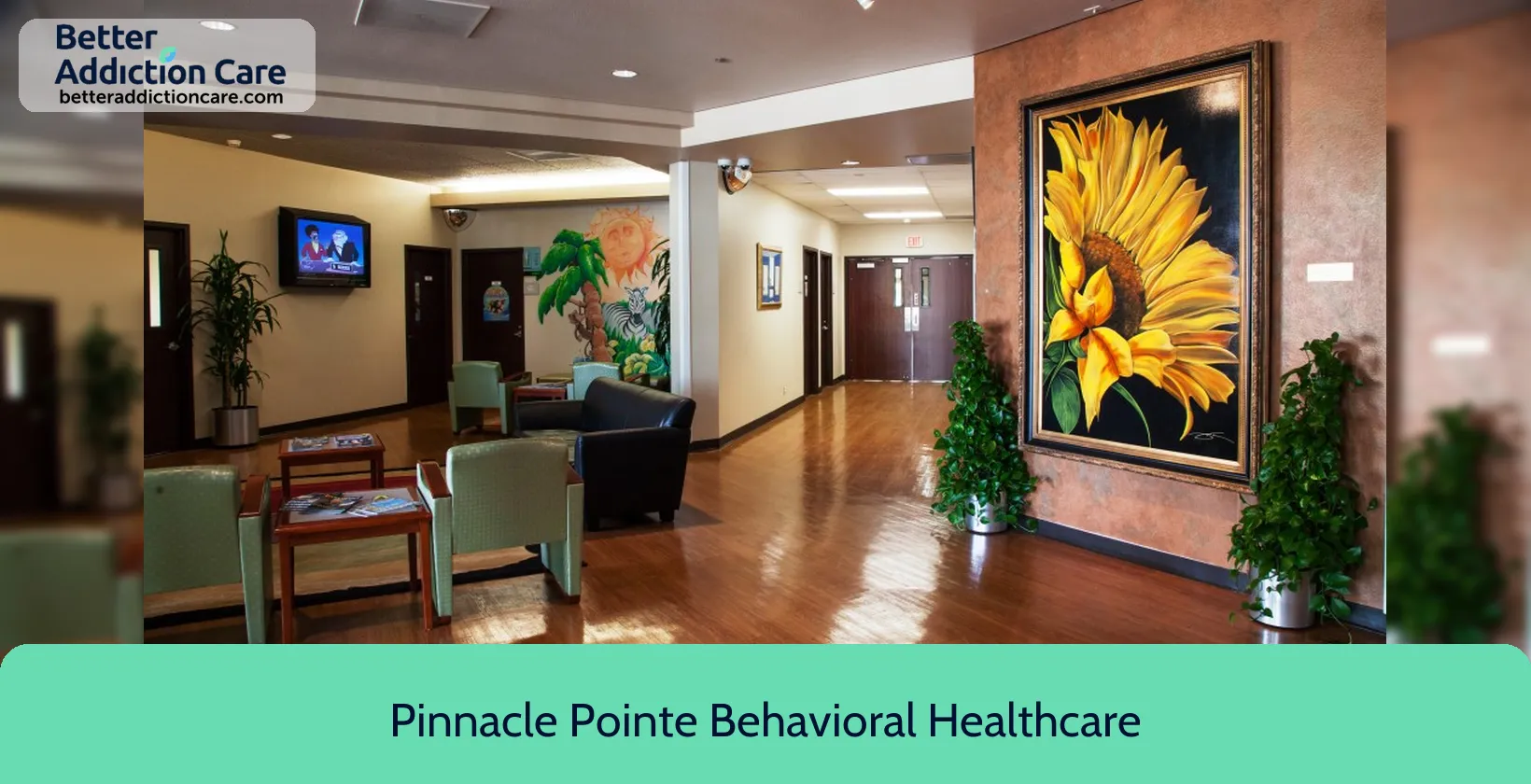
6.96
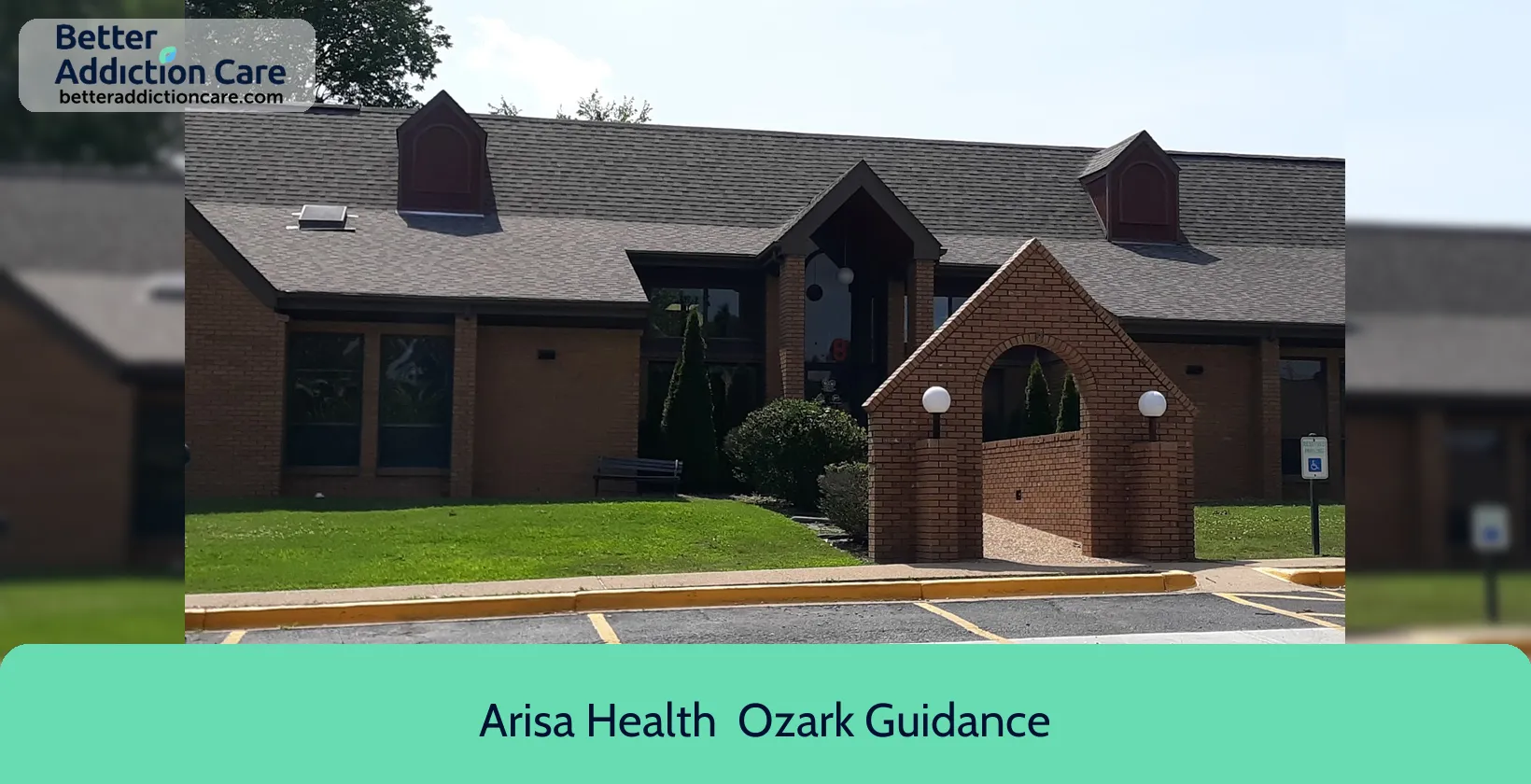
7.33
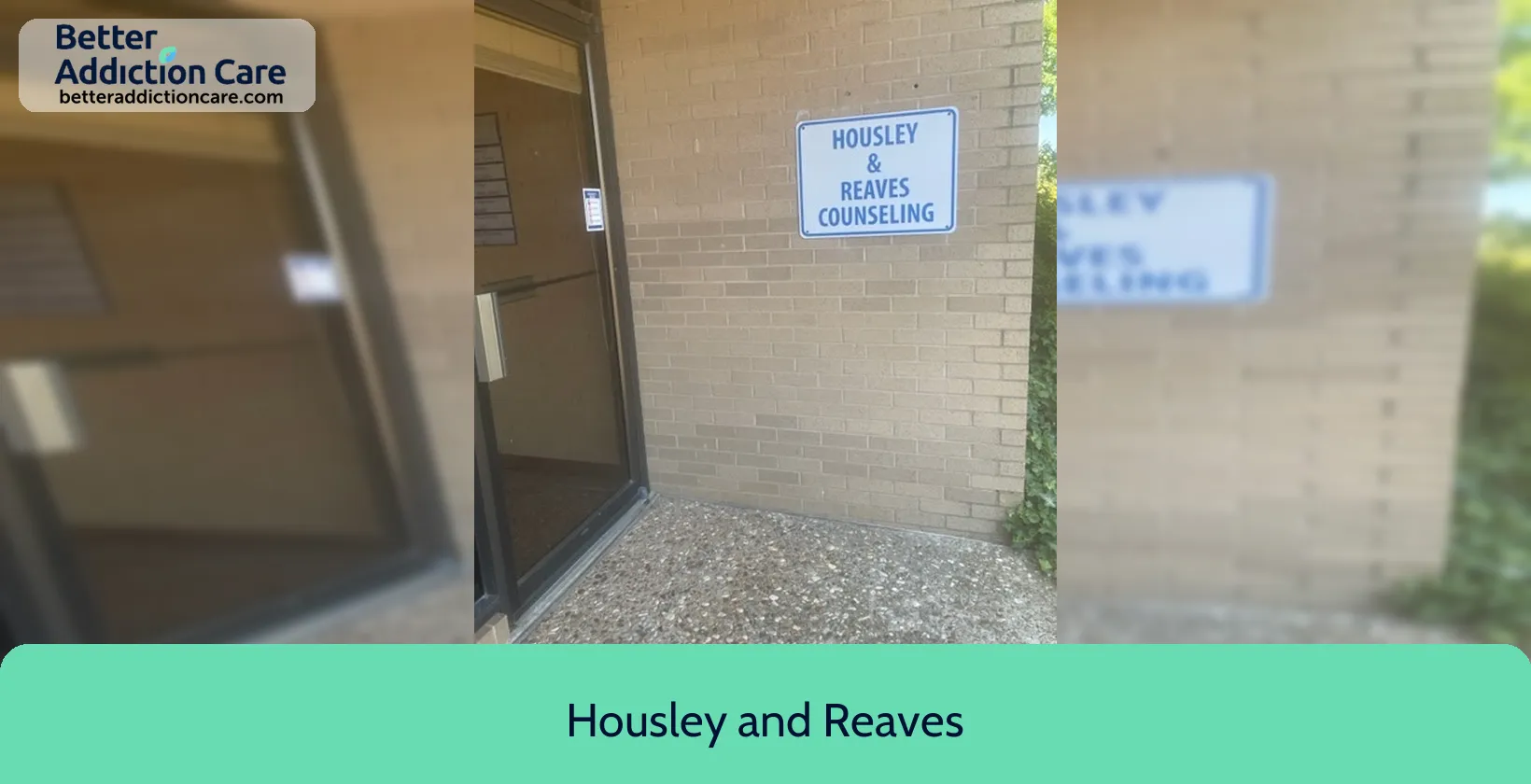
6.71
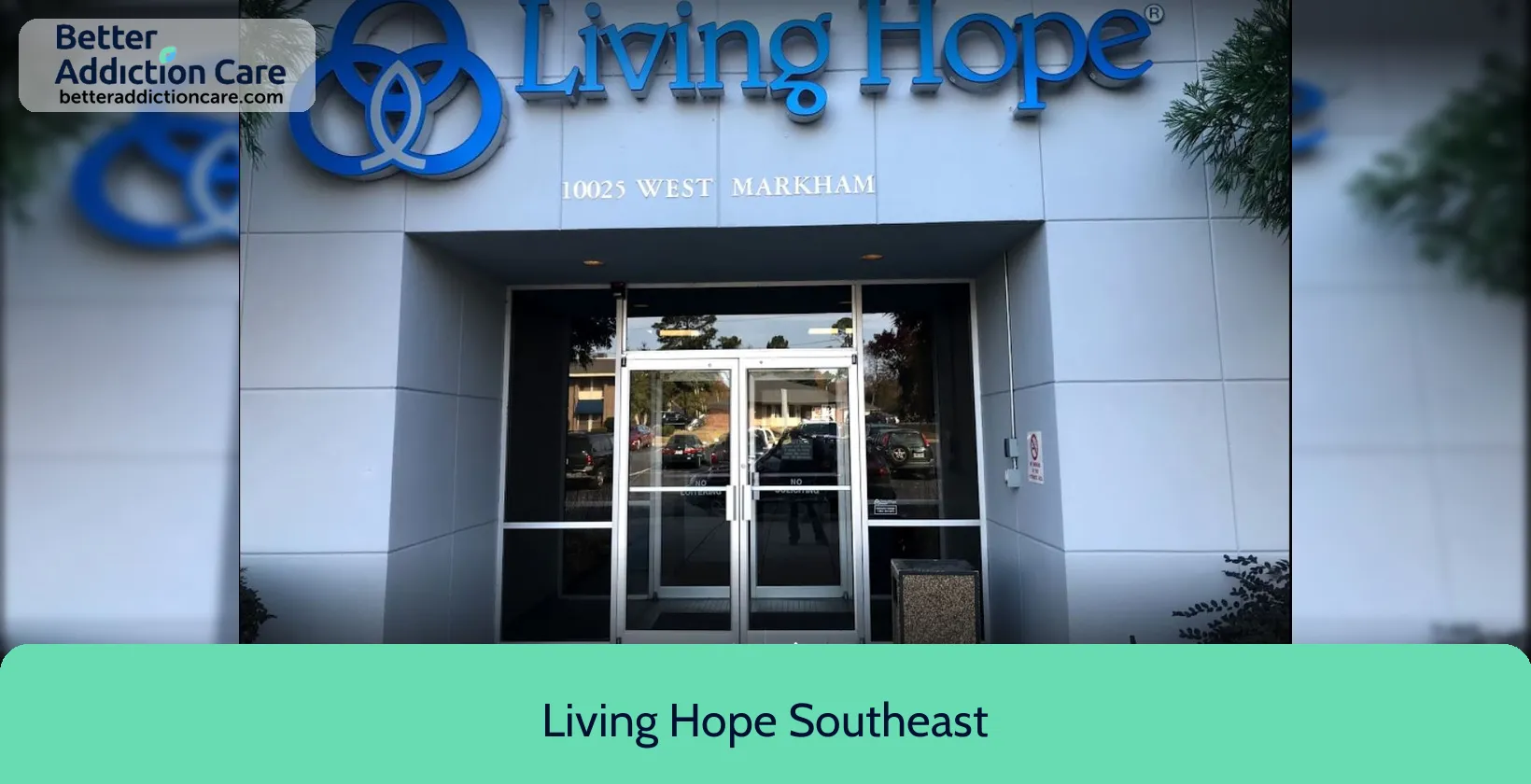
6.74
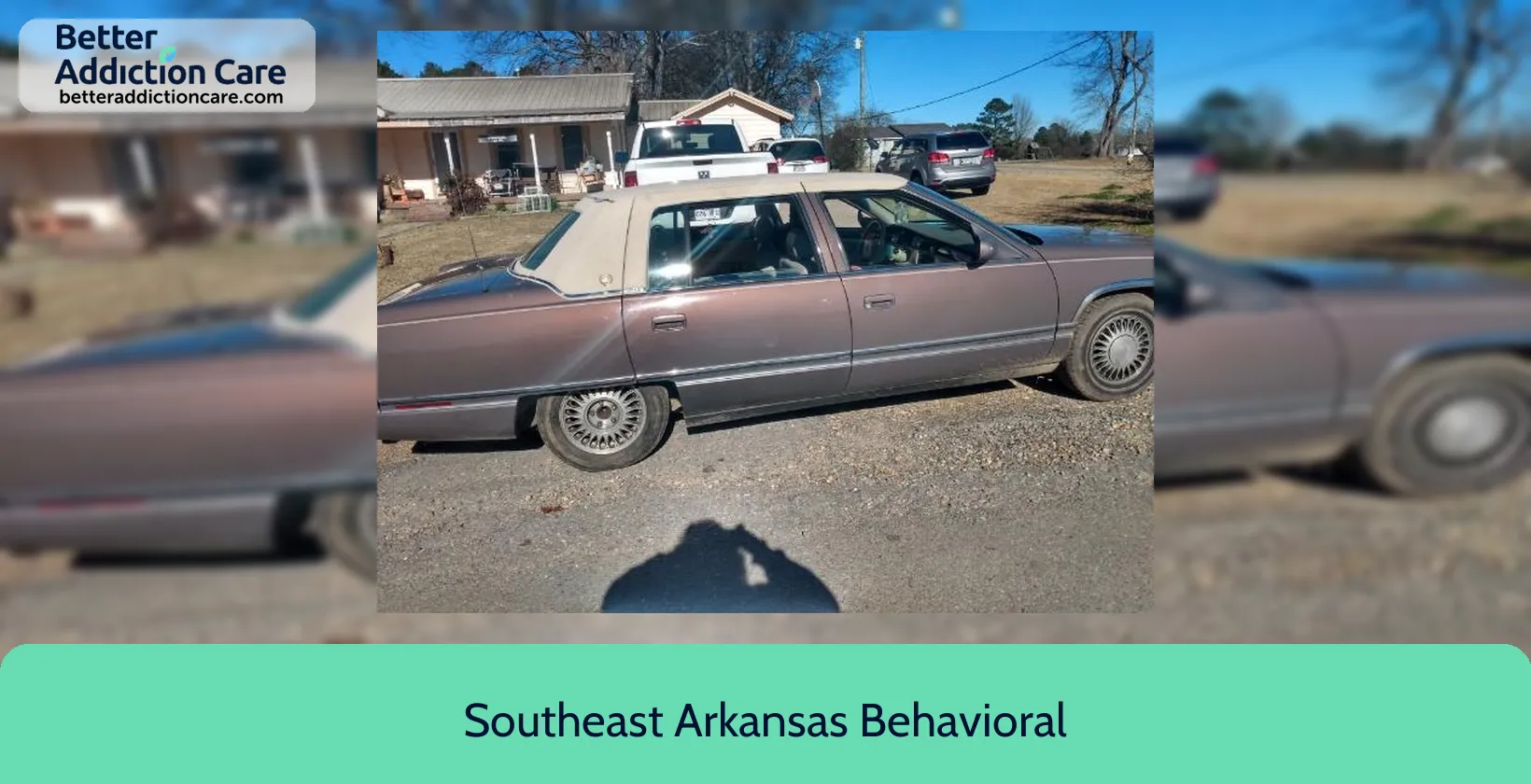
6.99
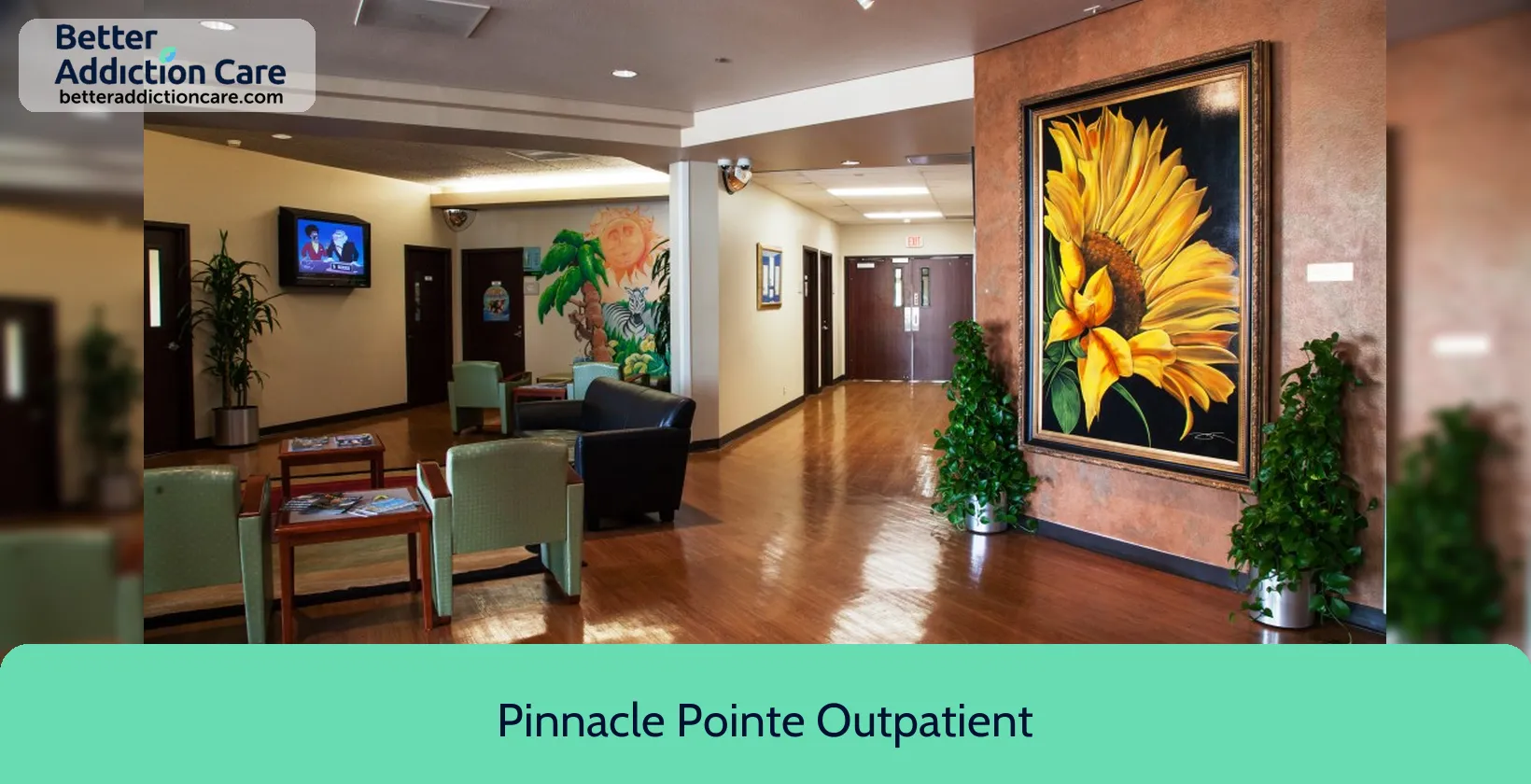
6.68
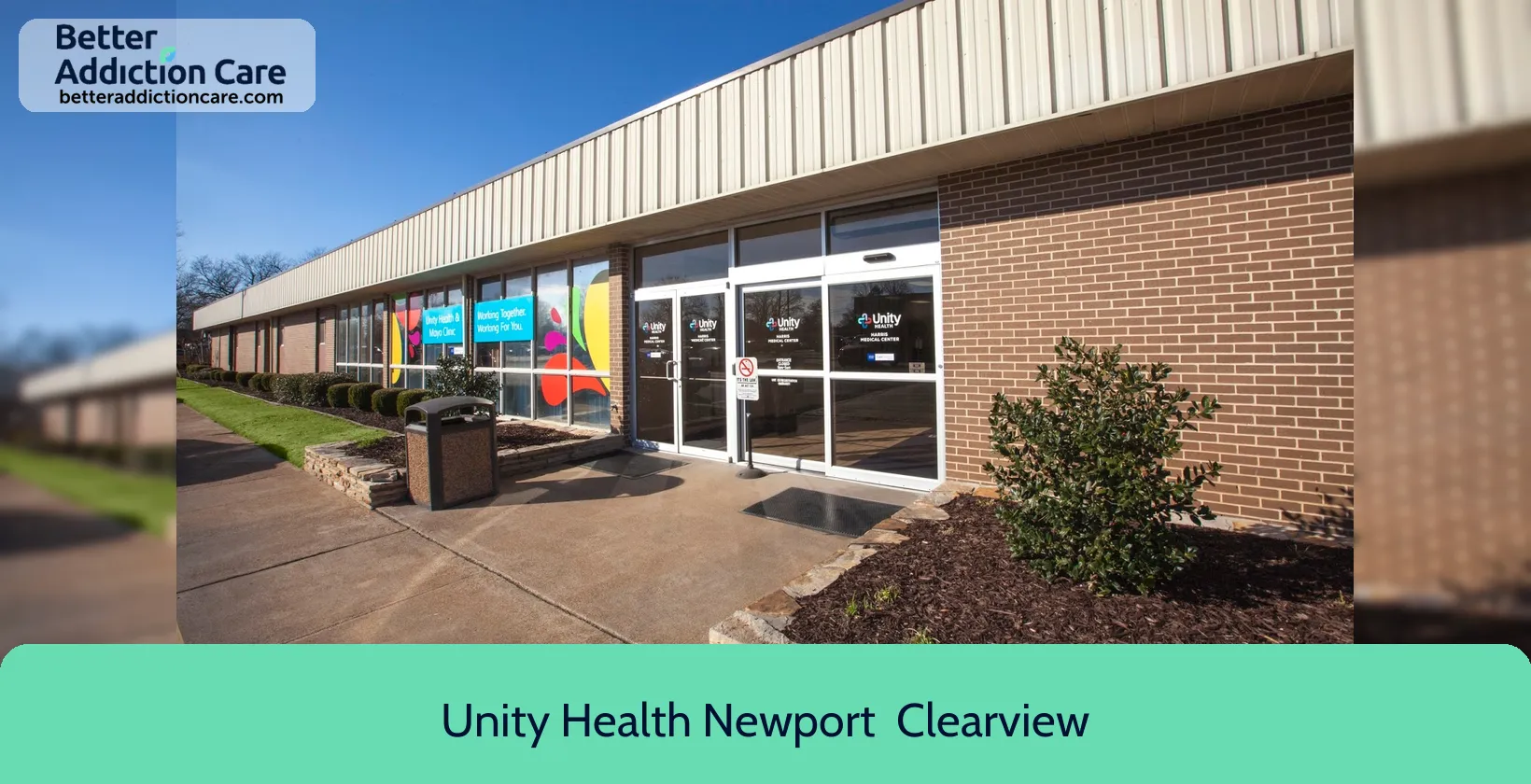
6.77
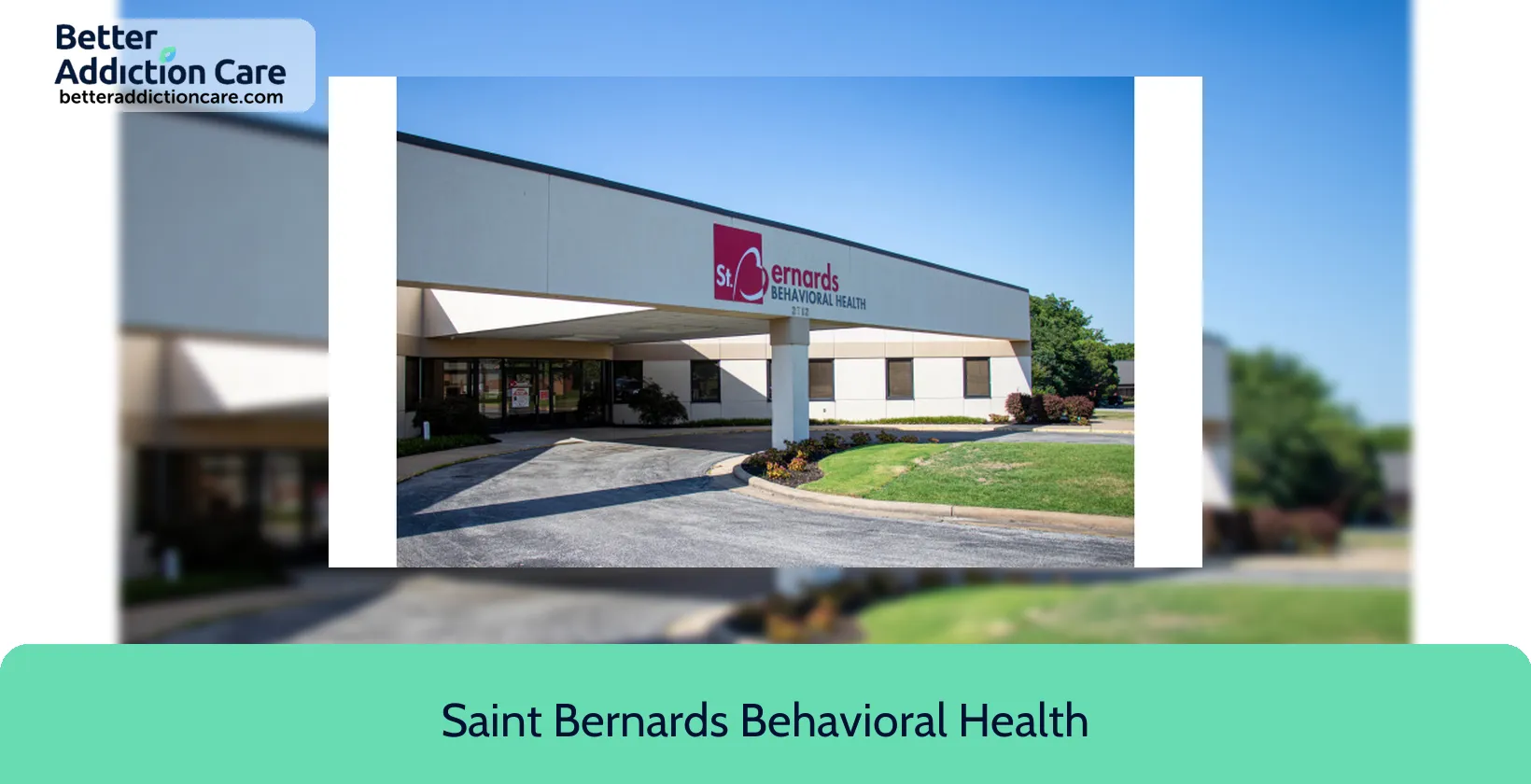
6.77
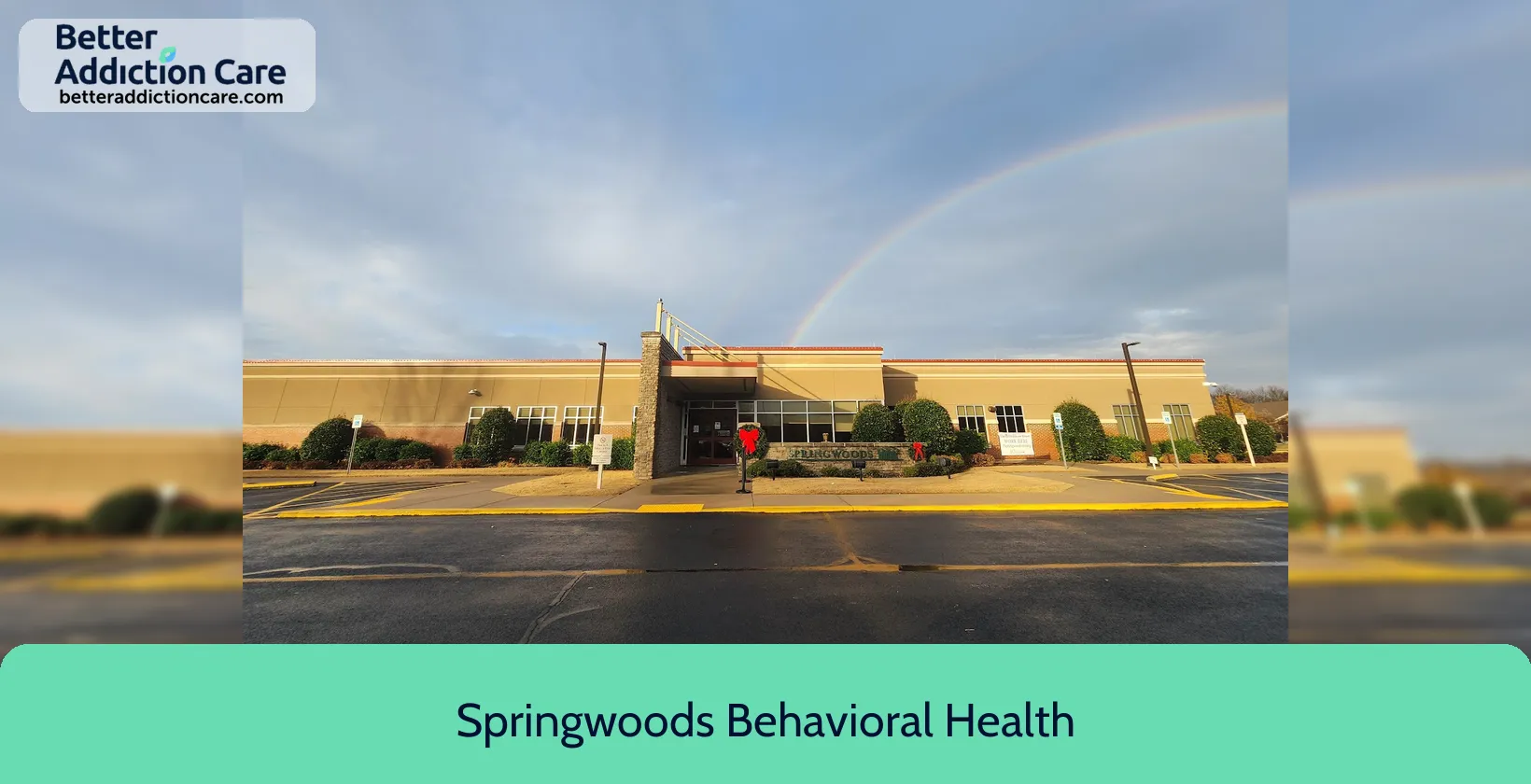
6.89
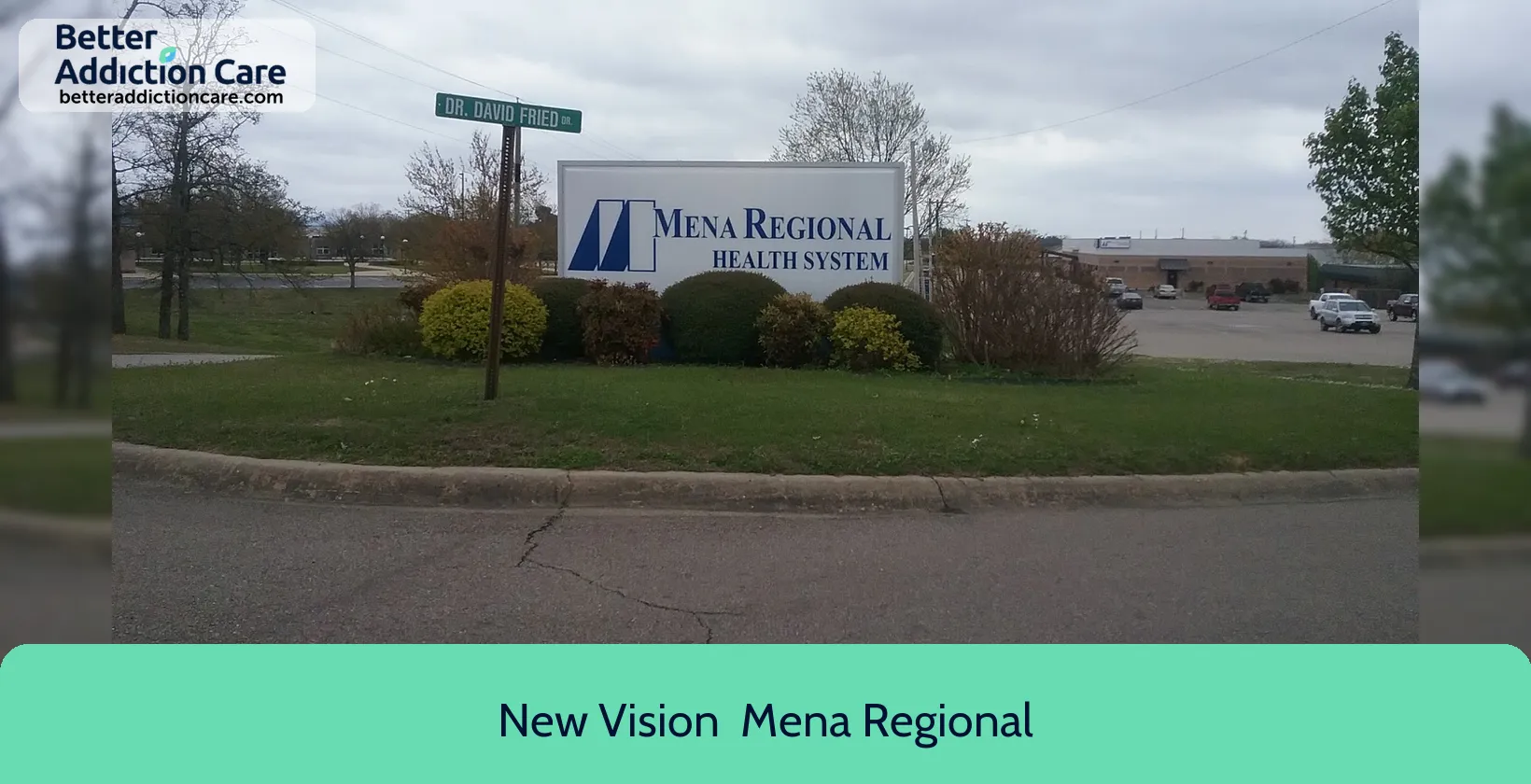
6.56
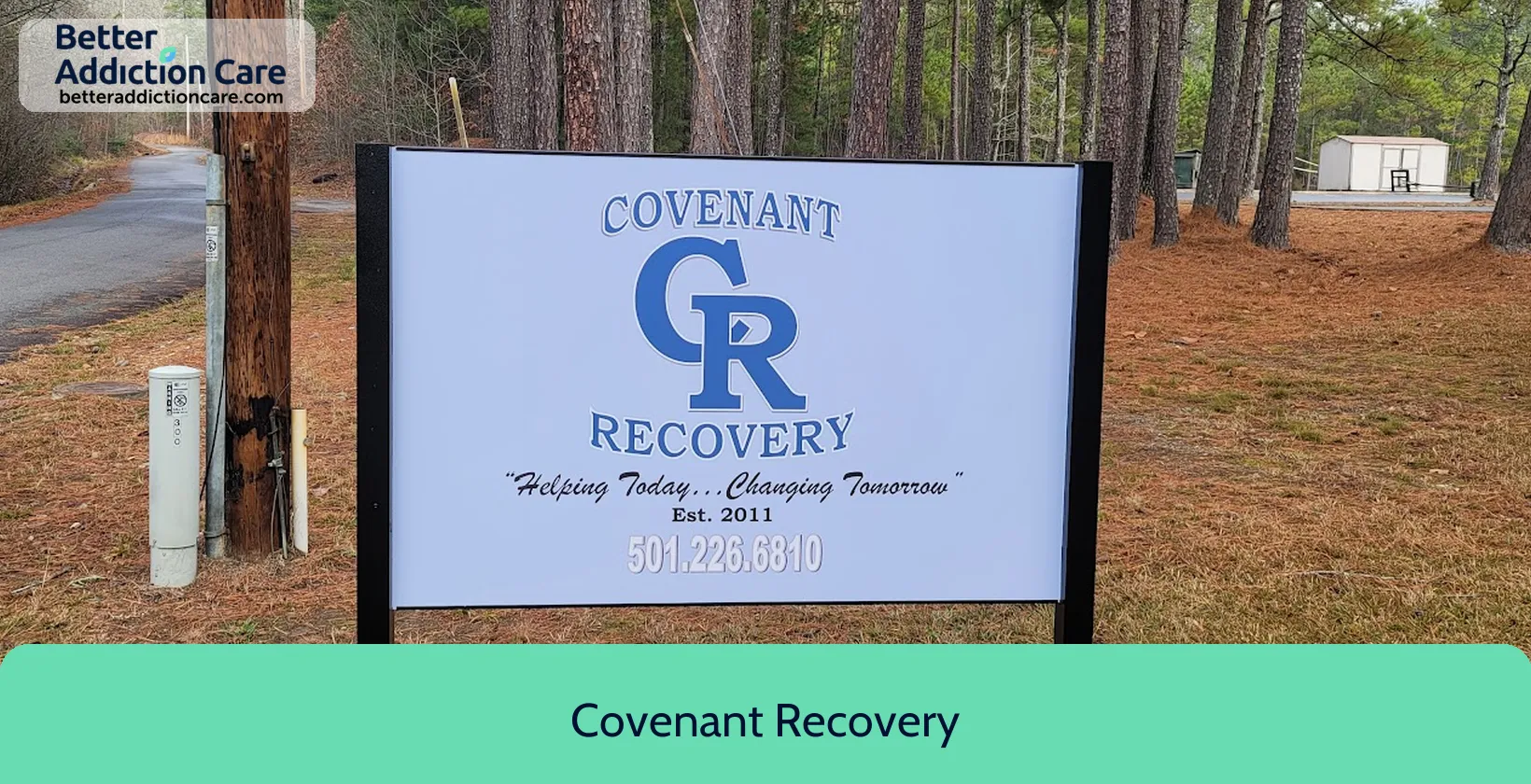
6.86
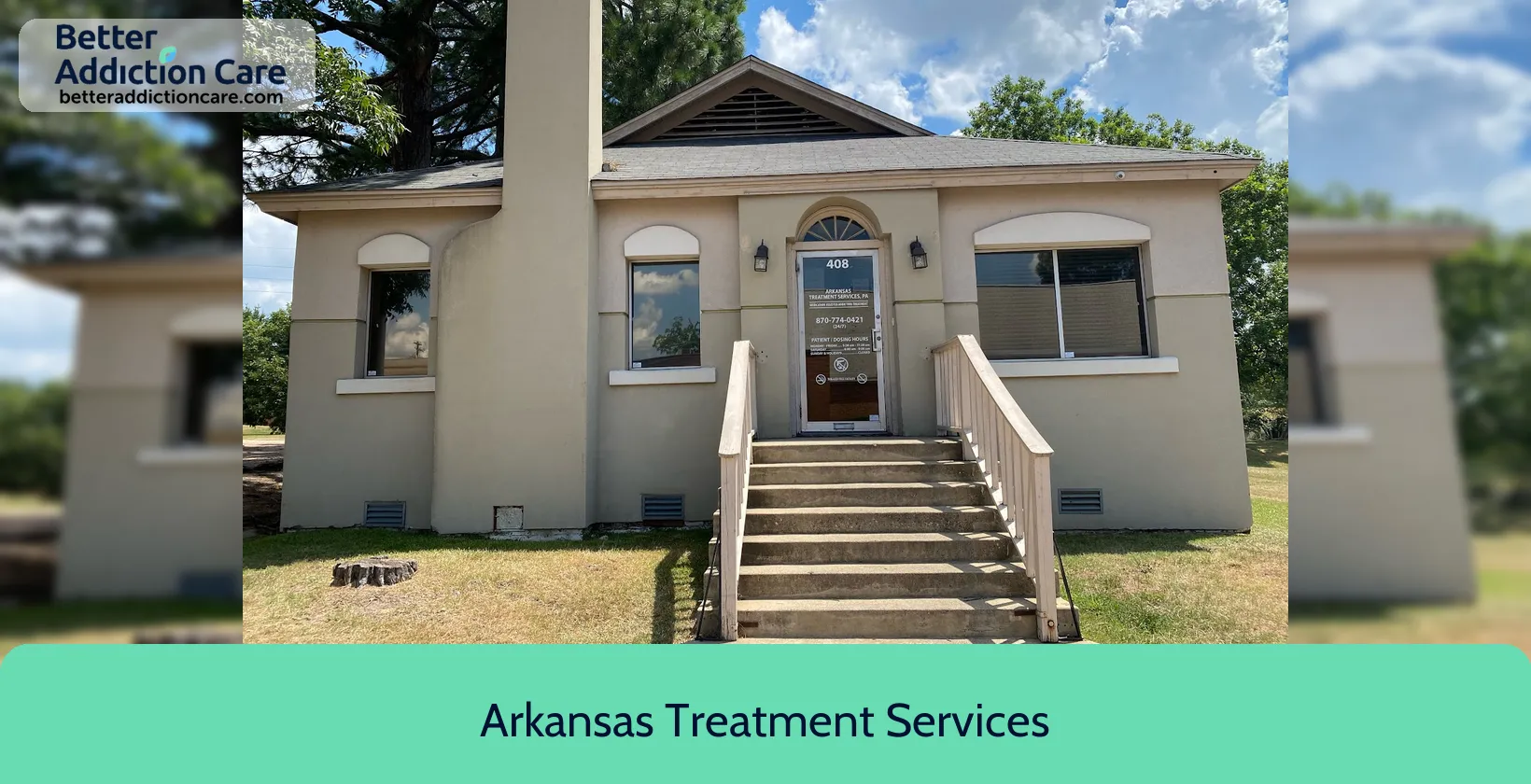
6.84
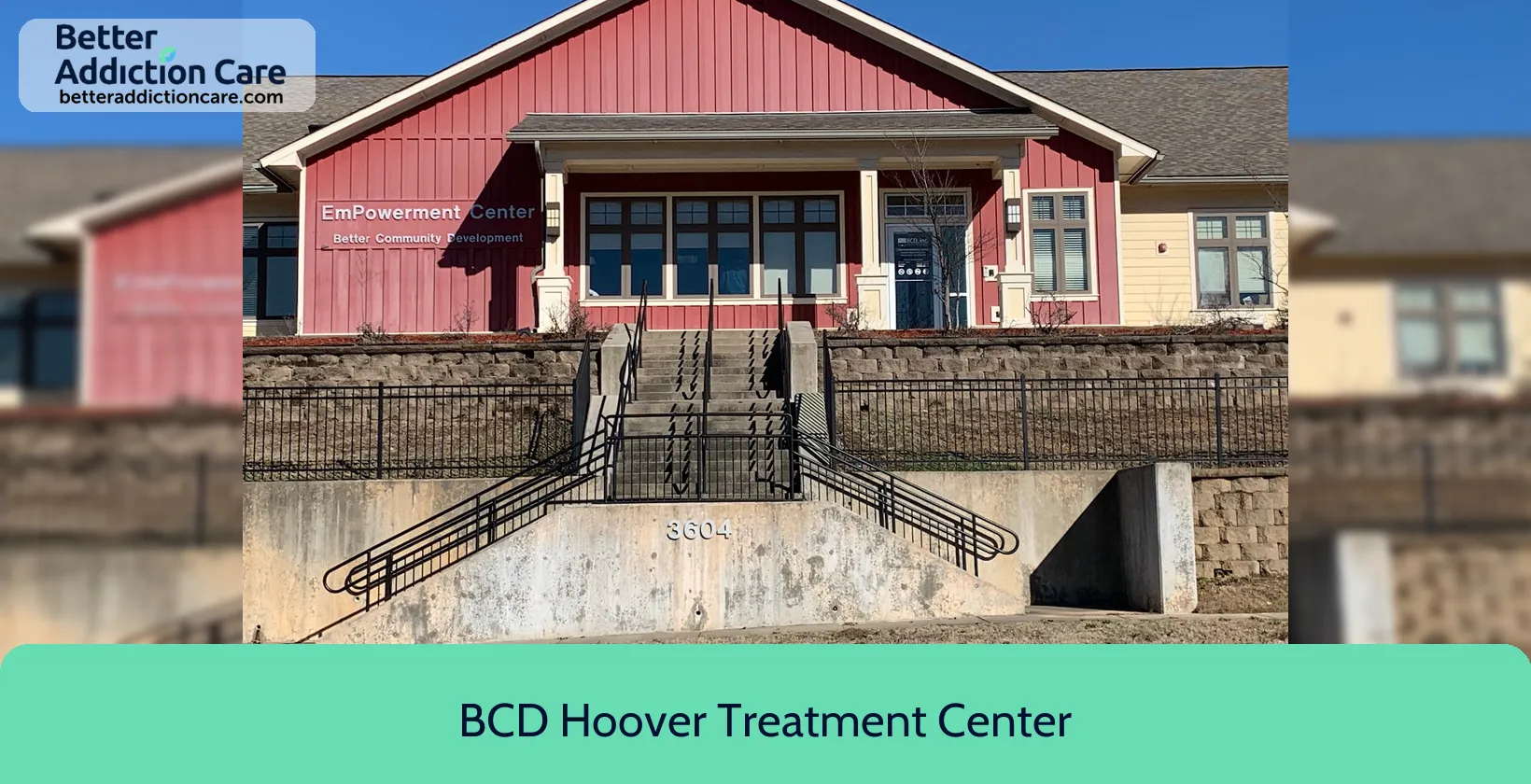
7.14
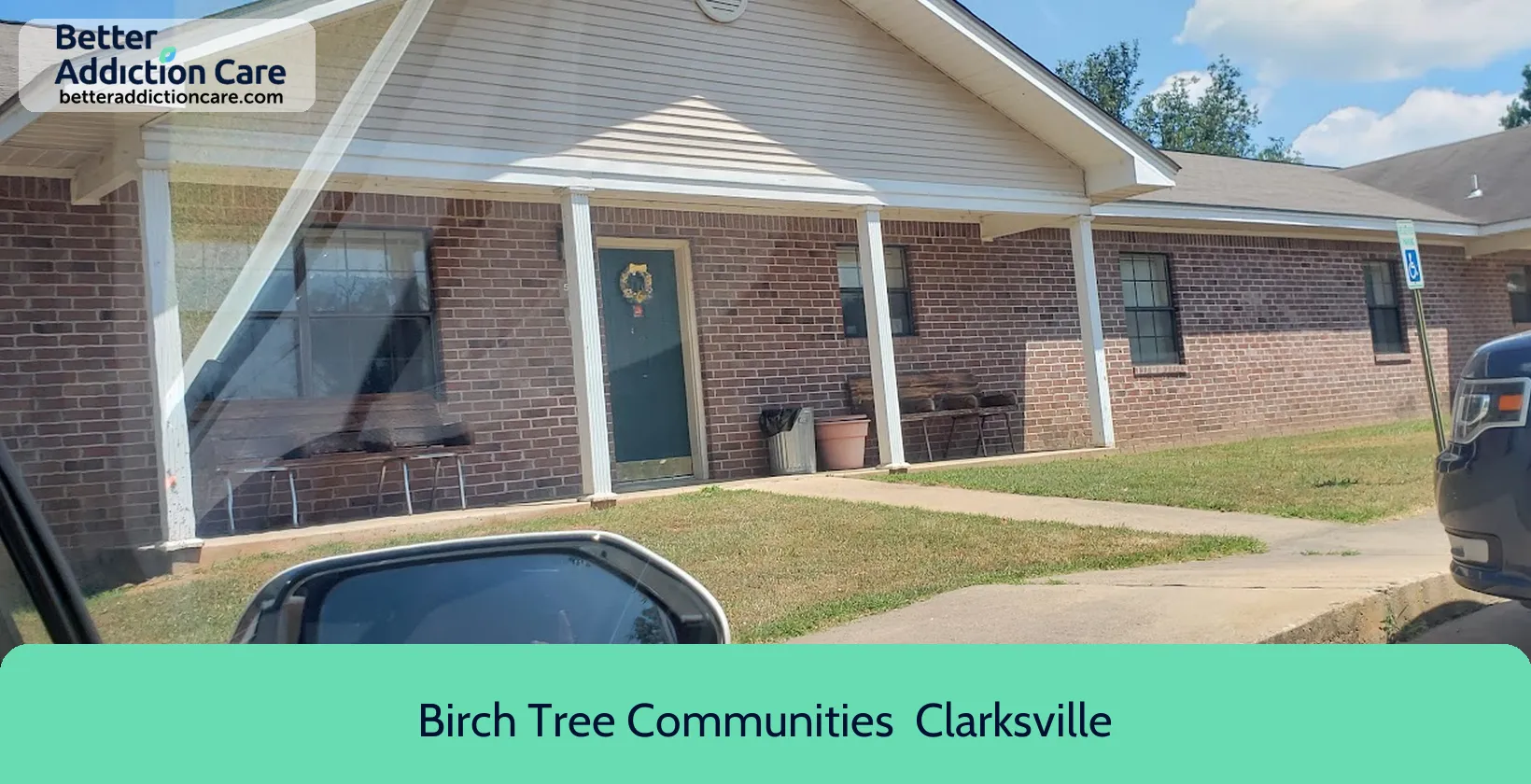
6.71

6.85

6.85

6.85

6.85

6.85

7.63

7.19

7.09

6.72

6.84

7.10

6.91
Substance abuse and Mental Health facilities Report for Arkansas
3rd
Cheapest To Most Expensive State Rank
180
Substance Abuse Facilities
7,640
Number of Patients Annually
6,925
Annual Enrollments
$11M
Spent on Outpatient Services (Million)
$1,668.00
Avg Outpatient Rehab Cost
685
Residential Admissions
$36M
Spent on Residential Treatment (Million)
$53,036.00
Residential Rehab Pay (Up To)
30
Total Patients
6
Free Drug Rehab Facilities
Alcoholism, Drug Abuse, Mental Health, and Treatment in Arkansas
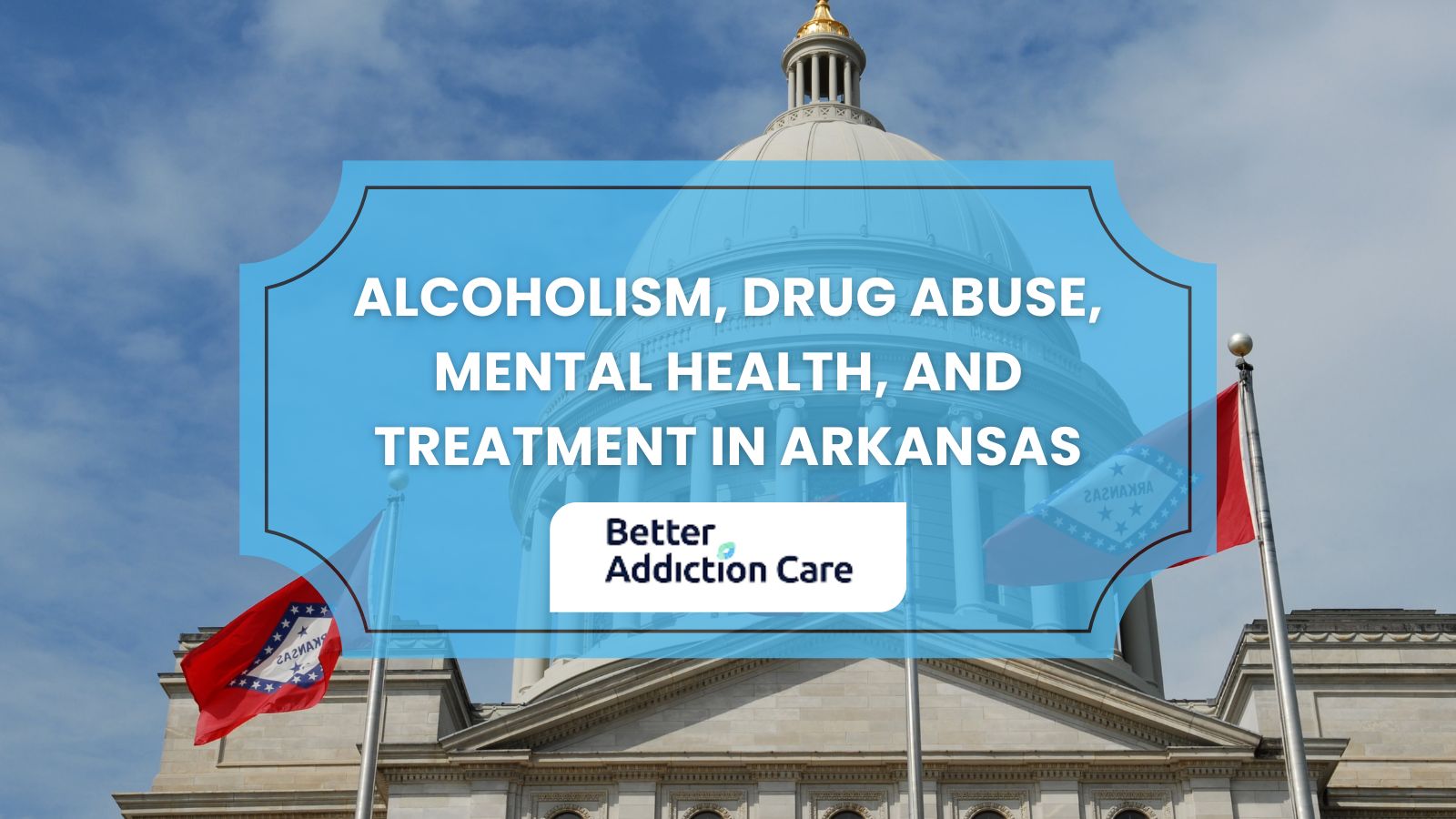
What are the main addictions people in Arkansas suffer from?
The main addictions people in Arkansas suffer from include the following:
- Alcohol Addiction: 1.2 million individuals translates to 39.96% of aged 12 and older reported having alcohol addiction in 2024. The prevalence is generally higher among males 540,000 (45%) compared to females that are 420,000 (35%).
- Marijuana Addiction: 411,000 of residents aged 12 and older used marijuana in 2024. This equates to 13.7% people. Usage rates are higher among younger males 440,000 (40% ) compared to females that are 320,080 (32%).
- Prescription Pain Reliever Addiction: The addiction of prescription pain relievers was affecting 129,000 people, by 4.3% of individuals aged 12 and older. 180,000 (15%) Female prescription pain relievers misuse rates are slightly lower than 220,000 (22%) male rates in this category.
- Opioid Addiction: 1 million individuals translates to 37.96% of aged 12 and older reported having alcohol addiction. 180,000 (15%) Female prescription pain relievers misuse rates are slightly lower than 220,000 (22%) male rates in this category. In 2024, there were 637 overdose deaths in Arkansas, with opioids (particularly synthetic types like fentanyl) being major contributors. The overdose death rate indicates significant opioid abuse, affecting all age groups, with a higher impact among males.
- Methamphetamine Addiction: The issue of methamphetamine addiction affects 150,000 people that equates to 48.5%, with a higher incidence among males 440,000 (40%). Women are slightly lower in number with 320,080 (32%). Methamphetamine related overdose deaths have significantly risen in Arkansas, with a 11.8-fold increase between 2023 and 2024.
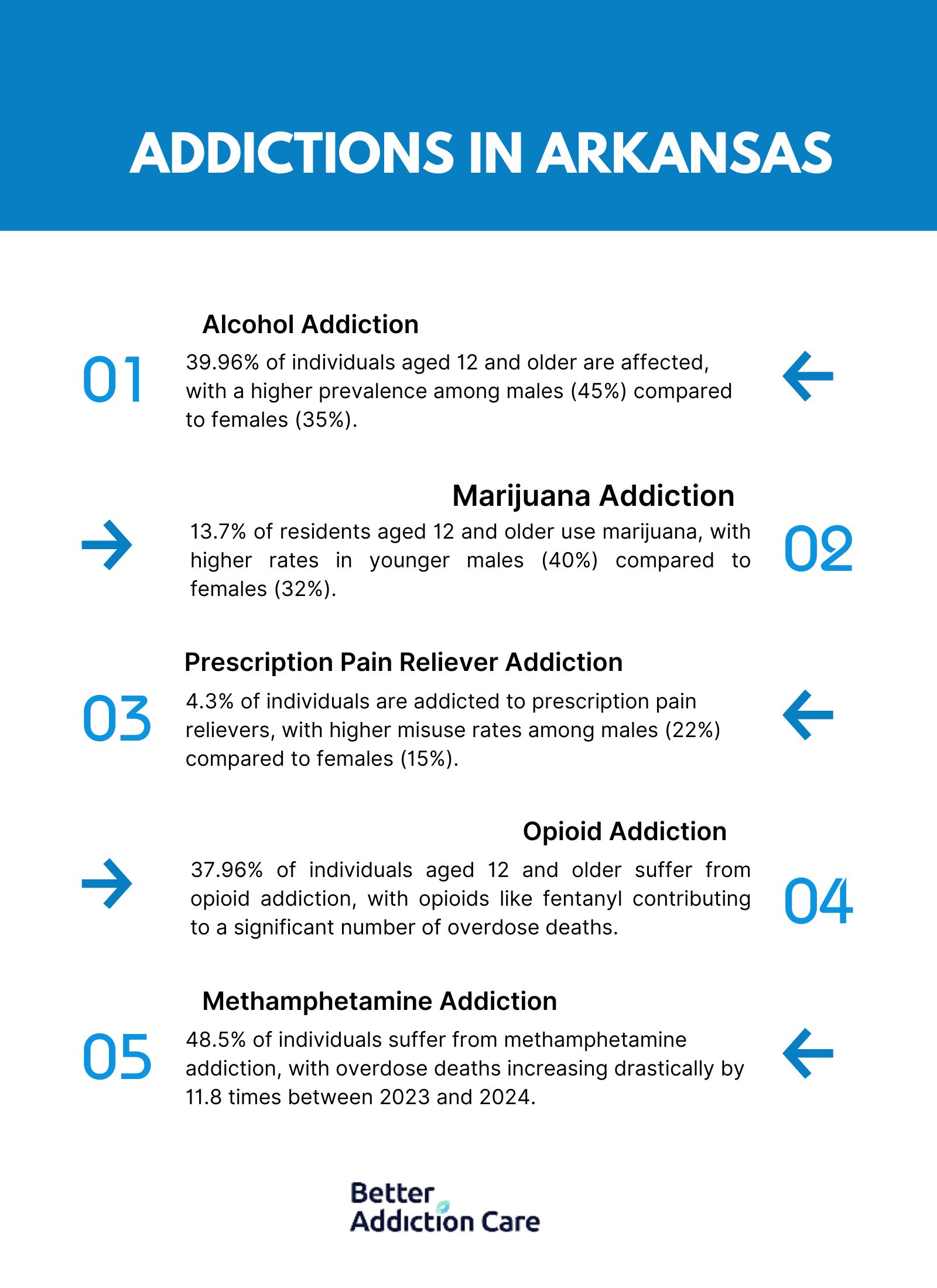
These statistics underscore the urgent need for targeted intervention and prevention strategies to address substance addiction in the state of Arkansas.
What is the cost of rehab centers in Arkansas?
The cost of rehab centers in Arkansas is $40,500, that translates to 85.5%. Inpatient rehab costs $53,000 (101%) before insurance coverage. This fee includes services like lodging, medical care, and therapy. Outpatient rehab is generally more affordable, with an average cost of $1,600 (9.05%), although the total increase depends on the duration of the program. Detoxification services vary significantly: clinical detox costs between $250 and $800 per day, while medical detox at private facilities often exceeds $1,000 per day. The cost of a rehab center in Arkansas depends on the type of program chosen.
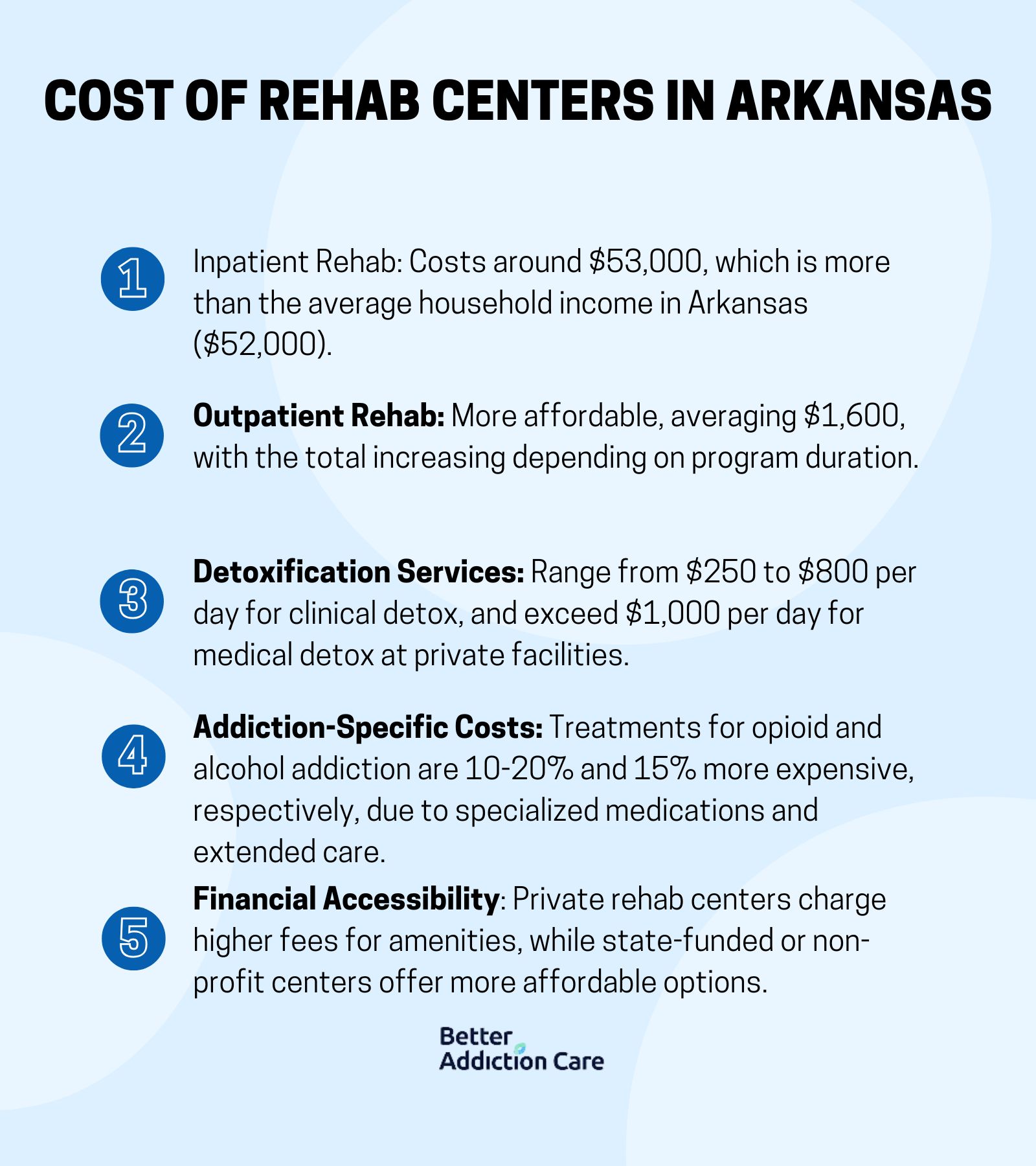
The cost of rehab centers in Arkansas is influenced by the type of addiction. For instance, opioid addiction treatment is 10% to 20% more expensive due to the need for specialized medications and extended care. Similarly, alcohol addiction treatment often costs 15% more than the average, reflecting the need for intensive detoxification.
The average household income in Arkansas is $52,000 per year, which means that the cost of an inpatient rehab center alone surpasses an entire year’s income for many families, making it challenging to afford without insurance or financial assistance. Costs also vary based on the type of facility, with private rehab centers charging higher fees for additional amenities and personalized services, while state-funded or non-profit centers offer more affordable options.
What is the cost of LGBTQ+ rehab centers in Arkansas?
The cost of LGBTQ+ rehab centers in Arkansas is $25,000, that equates to 48.07%. The cost of LGBTQ+ rehab centers in Arkansas is $30,000 per month for inpatient programs. Outpatient programs are more affordable, averaging $3,000 per month, while detox services range from $1,000 to $1,500 per day.
The cost of LGBTQ+ rehab centers in Arkansas increases based on the type of addiction. For opioid addiction, the expense is 20% higher, raising the monthly cost to $36,000, due to the need for specialized medication and extended care. Alcohol addiction treatment increases costs by 15%, making the monthly fee $34,500.
A month of inpatient treatment at LGBTQ+ rehab centers in Arkansas costs more than half of a family's yearly earnings, as an average household income of Arkansas is $52,000. This makes LGBTQ+ rehab difficult to afford without insurance or financial support. Costs also vary depending on the type of LGBTQ+ rehab center. State-funded or non-profit facilities are generally more affordable, while private centers charge higher fees for specialized services and amenities.
What is the cost of Faith-Based rehab centers in Arkansas?
The cost of Faith-Based rehab centers in Arkansas is $15,000, that equates to 28.9%. For inpatient programs $15,900 (29.9%) per month, while outpatient programs cost $2,000 (13.3%) per month. The type of addiction influences these costs of Faith-Based rehab centers in Arkansas. For opioid addiction, treatment expenses increase by 20%, raising the inpatient cost to $18,000 per month due to the need for specialized medication and longer therapy sessions. Alcohol addiction treatment increases costs by 15%, bringing the total to $17,250 per month.
For Faith-Based rehab centers in Arkansas, inpatient treatment costs nearly a third of the annual income, since the average household income in Arkansas is $52,000 per year. The overall cost of Faith-Based rehab centers in Arkansas also varies based on the specific type of facility, with private centers charging more than non-profit or donation supported programs.
What is the cost of Men-Only rehab centers in Arkansas?
The cost of Men-Only rehab centers in Arkansas is $20,000, which is 38.4%. It is $20,000 per month for inpatient treatment. Outpatient programs cost $2,500 per month, focusing on therapy and support without the residential component.
The cost of Men-Only rehab centers in Arkansas varies based on the addiction type. For opioid addiction, treatment increases expenses by 25%, raising the monthly cost to $25,000 due to specialized medication and intensive therapy. Alcohol addiction treatments increase costs by 15%, leading to a total of $23,000 per month.
The average household income in Arkansas is $52,000 per year, a single month of Men-Only rehab centers inpatient care consumes nearly half of the annual income, making it challenging for many individuals without financial support or insurance. The final cost of Men-Only rehab centers also depends on the type of facility. Private Men-Only rehab centers tend to charge more for personalized services and amenities, while state-funded or non-profit options offer more affordable rates.
What is the cost of Women-Only rehab centers in Arkansas?
The cost of Women-Only rehab centers in Arkansas have an average monthly cost of $18,500, which is 35.5%. The cost for inpatient treatment is $18,000 (35%). Outpatient programs are more affordable, costing $2,200 (4.5%) per month, focusing on therapy and support services without residential care.
The cost of Women-Only rehab centers in Arkansas increase depending on the addiction type. For opioid addiction, expenses rise by 20%, bringing the total monthly cost to $21,600. Alcohol addiction treatment increases costs by 15%, resulting in an average of $20,700 per month.
A month of inpatient treatment at Women-Only rehab centers in Arkansas accounts for more than a third of the yearly income, since the average annual household income in Arkansas is $52,000, making it challenging for many to afford without insurance or financial support.
Costs of Women-Only rehab centers in Arkansas also vary based on the type of facility, with private centers charging higher fees for additional services, while non-profit or state-funded centers offer lower-cost options.
What is the cost of Teen Rehabcenters in Arkansas?
The cost of Teen Rehab centers in Arkansas is $12,000, which is 23.5%. The cost for inpatient programs is $12,000 (23.5%). Outpatient options are less expensive, averaging $2,000 (3.9) per month, and focus primarily on counseling and therapy without residential services.
Costs of Teen Rehab rehab centers in Arkansas increase based on the type of addiction. For opioid addiction, expenses rise by 25%, bringing the monthly cost to $15,000 due to the need for specialized medication and extended treatment. Alcohol addiction treatment increases costs by 15%, resulting in a monthly total of $13,800.
A month of inpatient Teen Rehab equates to almost a quarter of the annual income since the average household income in Arkansas is $52,000 per year, highlighting potential affordability challenges for families without insurance coverage.
The facilities of Teen Rehab centers in Arkansas also affect pricing, with private centers often charging more due to specialized services and amenities, while non-profit and state-funded programs tend to be more cost-effective.
What is the cost of Young Adult rehab centers in Arkansas?
The cost of Young adult rehab centers in Arkansas have an average cost of $14,500, which is 27%. The cost for inpatient programs is $14,000 (26.9%). Outpatient treatment is less costly, averaging $2,500 (4.8%) per month, focusing on therapy and counseling without residential care.
The cost of Young Adult rehab centers in Arkansas vary depending on the addiction type. Opioid addiction treatment increased the expense by 20%, bringing the monthly cost to $16,800 due to the need for specialized medications and intensive care. Alcohol addiction treatment raises the cost by 15%, resulting in a total of $16,100 per month.
The average household income in Arkansas is $52,000 per year, a single month of Young Adult rehab centers inpatient care for young adults account for nearly a third of the annual income, making it challenging for many families to afford without insurance or financial assistance. Costs of Young Adult rehab centers also differ based on the facility type. Private centers usually charge more for specialized services and amenities, while state-funded or non-profit programs often offer more affordable rates.
What is the cost of Luxury Rehab centers in Arkansas?
The cost of Luxury Rehab centers in Arkansas is $50,000, which is 96.1%. Inpatient treatment cost $50,000 (96.1%). These facilities offer premium services, including private accommodations, holistic therapies, and personalized care plans. Outpatient Luxury programs are less expensive, averaging $5,000 (9.1%) per month, focusing on exclusive therapy and support without residential services.
Costs of Luxury Rehab centers in Arkansas increase based on the addiction type. For opioid addiction, treatment expenses rise by 25%, bringing the monthly fee to $62,500 due to the need for specialized medications and extended care. Alcohol addiction treatment increases costs by 20%, raising the total to $60,000 per month.
The average household income in Arkansas is $52,000 per year, a month of luxury inpatient care exceeds an entire year’s income for many residents. The cost of Luxury Rehab centers in Arkansas also varies based on the type of facility, with private luxury centers generally charging significantly more for amenities like spa services, gourmet meals, and personalized fitness plans, while more basic facilities offer lower prices.
What is the cost of Dual Diagnosis rehab centers in Arkansas?
The cost of Dual Diagnosis rehab centers in Arkansas is $25,000 (48.07%). The cost of inpatient programs is $24,500 (47.5%). Outpatient Dual Diagnosis treatment is more affordable, averaging $3,500 (5.7%) per month, and focuses on therapy and counseling without residential care.
The cost of Dual Diagnosis rehab centers in Arkansas vary depending on the addiction type. For opioid addiction, treatment expenses increase by 30%, raising the monthly fee to $32,500 due to the need for specialized medications and comprehensive mental health support. Alcohol addiction treatment increases costs by 20%, bringing the total to $30,000 per month.
The average household income in Arkansas is $52,000 per year, a single month of inpatient Dual Diagnosis care taking up nearly half of a family’s annual income, making it challenging to afford without insurance or financial aid.
Costs of Dual Diagnosis rehab centers in Arkansas also fluctuate based on the type of rehab center. Private facilities tend to charge higher fees for advanced therapies and personalized services, while state-funded or non-profit programs offer more cost-effective options.
Is drug abuse and addiction a problem in Arkansas?
Yes, drug abuse and addiction is a problem in Arkansas, with the issues worsening over recent years. From 2020 to 2024, the state of Arkansas reported 1,888 drug overdose deaths, showing a concerning rise. The situation was particularly severe in 2024, when 637 individuals lost their lives to overdoses, equating to an age-adjusted rate of 22.3 deaths per 100,000 people. This increase points to a growing crisis fueled by both prescription medications and illicit substances.
A significant factor contributing to the drug abuse and addiction problem in Arkansas is the impact of synthetic opioids, especially fentanyl. In 2024, fentanyl and other synthetic opioids were involved in 51% of all overdose deaths in Arkansas, highlighting their dangerous presence. Despite various state-level initiatives, including the Arkansas Naloxone Project, which distributes life-saving naloxone kits, and the Opioid Response Dashboard for tracking opioid-related data, the problem of drug abuse and addiction persists.
Drug abuse and addiction is a problem in Arkansas, with the annual average rate of past-year illicit drug addiction at 2.8%, mirroring regional and national trends. This consistent rate of drug abuse and addiction indicates ongoing challenges in addressing substance misuse, demonstrating the need for effective prevention, treatment, and recovery strategies. Statistical evidence shows a steady rise in overdose deaths, largely driven by the spread of fentanyl, underscoring the urgency of continued intervention efforts.
Is alcoholism a problem in Arkansas?
Yes, alcoholism is a problem in Arkansas, and it continues to worsen for several reasons. Firstly, the state of Arkansas has seen high levels of binge drinking and alcohol abuse, particularly among young adults. According to recent data, 17% of adults in Arkansas reported binge drinking in the past month, a figure that has steadily increased over the last decade. This pattern of heavy drinking contributes to various health issues and exacerbates the problem of alcohol dependency.
Secondly, alcohol-related deaths have risen sharply. From 2017 to 2024, the rate of alcohol-induced fatalities in Arkansas increased by nearly 40%. The state of Arkansas recorded over 1,000 deaths linked directly to alcohol use during this period, with liver disease and alcohol poisoning being the primary causes.
Thirdly, the economic and social impact of alcohol abuse is substantial in Arkansas. The annual cost of excessive drinking in the state of Arkansas is estimated to exceed $2 billion, factoring in healthcare expenses, lost productivity, and law enforcement costs. This financial strain highlights the widespread nature of the problem and its impact on communities.
Over the years, the rising trend in alcohol consumption, coupled with increasing alcohol-related fatalities, underscores the severity of the issue in Arkansas and the urgent need for effective intervention and prevention measures.
Is Mental Health a problem in Arkansas?
Yes, mental health is a problem in Arkansas, and the issue has been growing for several key reasons.
Firstly, the prevalence of mental health disorders is high and increasing. Recent reports indicate that 20% of adults in Arkansas experience some form of mental illness each year. This percentage of mental illness has been steadily rising, reflecting increased rates of anxiety and depression, especially since the onset of the COVID-19 pandemic.
Secondly, access to mental health services remains limited. Arkansas has one of the lowest ratios of mental health providers per capita in the United States, with only about 180 providers per 100,000 residents. This shortage has worsened over the years, making it difficult for individuals to receive timely care and exacerbating the untreated mental health crisis.
Thirdly, suicide rates have climbed significantly. From 2012 to 20224, the suicide rate in Arkansas increased by nearly 30%, reaching 20.5 deaths per 100,000 people in 2024. This rise of fatalities is a stark indicator of the severe mental health challenges faced by the state of Arkansas and the urgent need for more effective prevention and support measures. Overall, the growing prevalence of mental health disorders, limited access to care, and increasing suicide rates demonstrate the severity of the mental health crisis in Arkansas and highlight the need for enhanced services and interventions.
Can you travel to Arkansas for rehab?
Yes, you can travel to Arkansas for rehab, and many people do so for several reasons. Firstly, Arkansas offers a variety of reputable rehab centers, including specialized facilities for substance use disorders and mental health treatment. These centers provide a range of services such as detoxification, inpatient and outpatient programs, and holistic therapies, attracting individuals seeking comprehensive care.
Secondly, the state of Arkansas’s location and natural environment make it an appealing choice for recovery. Many rehab facilities in Arkansas are situated in scenic areas, providing a peaceful setting that helps support the healing process. The natural surroundings, including mountains, forests, and lakes, offer therapeutic benefits and opportunities for outdoor activities, which is beneficial for mental and physical health.
Thirdly, Arkansas has specific programs and initiatives to support individuals from out of state of Arkansas. Some facilities offer tailored programs for those traveling for rehab, including transportation services, accommodation support, and family involvement options, making it easier for people to access the care they need, even if they live outside the state of Arkansas.
Overall, traveling to Arkansas for rehab is a viable option due to its range of treatment options, supportive environment, and accessible programs for out-of-state individuals.
Can addiction be treated in Arkansas?
Yes, addiction can be treated in Arkansas effectively for several reasons. Firstly, the state of Arkansas has a wide network of treatment facilities offering specialized care. Arkansas provides access to a variety of treatment options, including detox centers, inpatient rehab, outpatient programs, and medication-assisted treatment (MAT). These facilities cater to individuals with different levels of addiction, offering customized care plans tailored to individual needs.
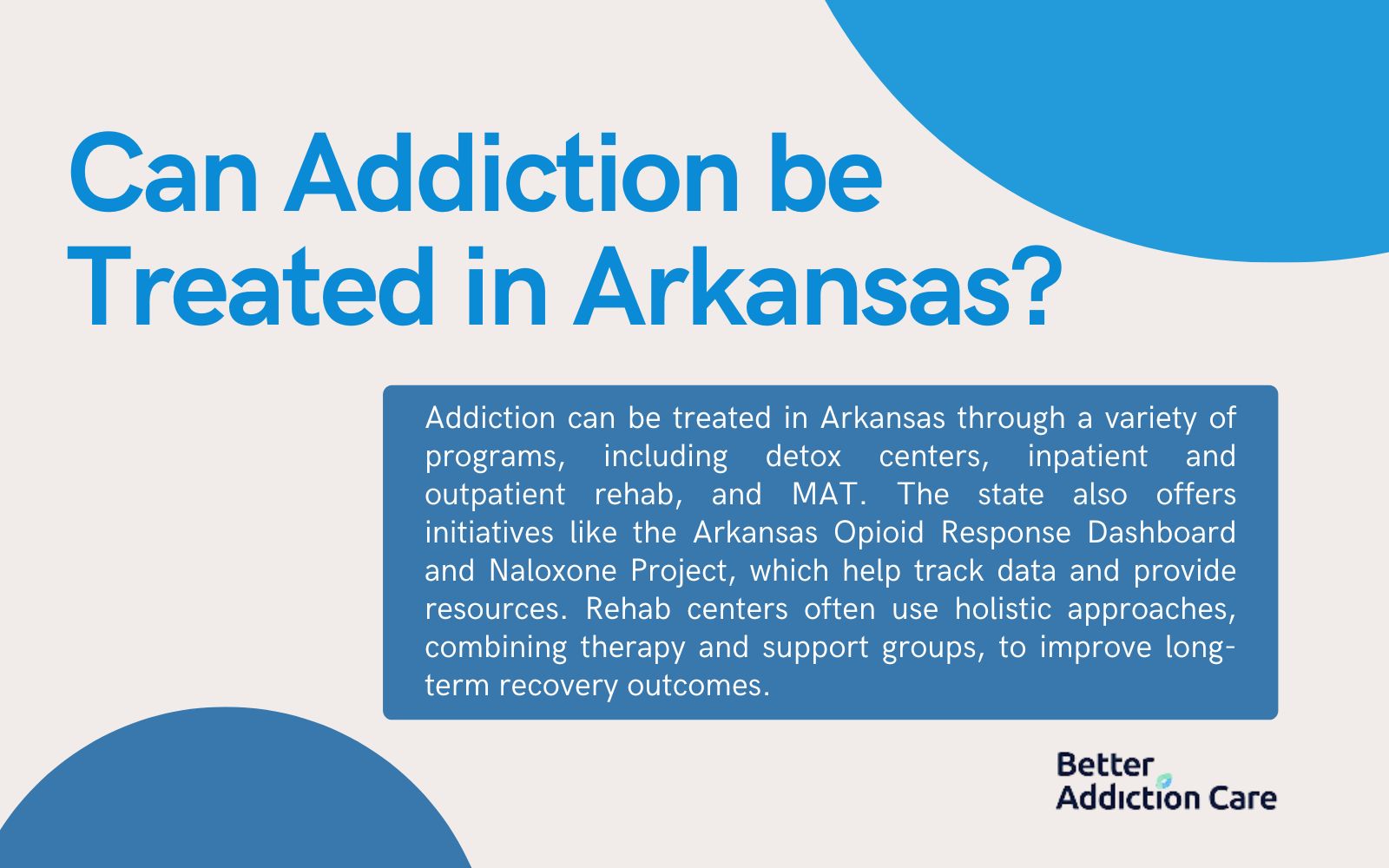
Secondly, Arkansas has strong state-supported initiatives aimed at combating addiction. Programs like the Arkansas Opioid Response Dashboard and the Arkansas Naloxone Project help track opioid-related data, distribute life-saving naloxone kits, and connect people with resources for addiction recovery. These initiatives of addiction recovery have been instrumental in reducing overdose deaths and increasing access to treatment services.
Thirdly, there is a focus on holistic and comprehensive approaches to recovery. Many rehab centers in Arkansas integrate therapy, counseling, and support groups into their treatment plans, addressing both the physical and psychological aspects of addiction. This holistic model increases the chances of long-term recovery and helps individuals rebuild their lives.
Overall, the availability of diverse treatment options, state-led support programs, and holistic recovery approaches make Arkansas a viable place for effective addiction treatment.
What is the state of Arkansas?
The state of Arkansas is a state located in the southern region of the United States. It shares borders with six states: Missouri to the North, Tennessee and Mississippi to the East, Louisiana to the South, Texas to the Southwest, and Oklahoma to the West. The state of Arkansas has a diverse landscape, including mountains, forests, rivers, and plains.
Arkansas has a population of 3 million people. According to the latest census data, the population is split between 1.49 million males and 1.51 million females, indicating a nearly equal gender distribution.
Economically, Arkansas has a mixed profile. It is home to several major companies, including Walmart, the world’s largest retailer, which is headquartered in Bentonville. The state of Arkansas's economy also benefits from agriculture, manufacturing, and tourism. However, despite these strong industries, Arkansas ranks lower in terms of overall wealth compared to other U.S. states. The median household income is below the national average, and the state of Arkansas has a higher-than-average poverty rate, particularly in rural areas.
Overall, while Arkansas has key economic drivers and a rich natural environment, it faces challenges related to income inequality and access to economic opportunities, especially in its less urbanized regions.
What is the population of Arkansas?
The population of Arkansas is 3.05 million people. In terms of gender distribution, there are 1.49 million males, making up 48.8% of the total population, and 1.56 million females, accounting for 51.2%. By age group, there are 690,000 individuals under the age of 18, which is 22.6% of the population. The working-age group, those aged 18 to 64, consists of 1.86 million people, representing 61% of the population.
There are nearly 500,000 residents aged 65 and older, making up 16.4%. The percentage of the population aged 65 and older in Arkansas, at 16.4%, is slightly above the national average of 15.2%, indicating a trend toward an aging population. The proportion of children under 18, at 22.6%, aligns closely with the national average of 22.4%. The working-age population, at 61%, is slightly below the national average of 63%, suggesting a demographic shift toward an older population. This trend of aging has implications for healthcare and social services in the state of Arkansas.
What is the income of people from Arkansas?
The income of people from Arkansas is $29,500 annually per person, which is below the national average of $38,000. The median household income is $52,500, lower than the national median of $74,000.
Income levels also differ by age group. For individuals aged 25 to 44, the median income is $51,000, as this group typically represents the prime earning years. For those aged 45 to 64, the median income rises slightly to $56,000 due to increased experience. However, for people aged 65 and older, the median income drops to about $35,000, reflecting retirement or part-time work.
Gender disparities in income are evident in Arkansas, with males earning a median income of $40,000 annually, while females earn a median income of $33,000, which shows a gender income gap where women earn 82% of what men make. These variations of income of people from Arkansas highlight economic disparities influenced by factors such as age, gender, and the overall economic structure of Arkansas.



